Dame Fanny Waterman (1920-2020)
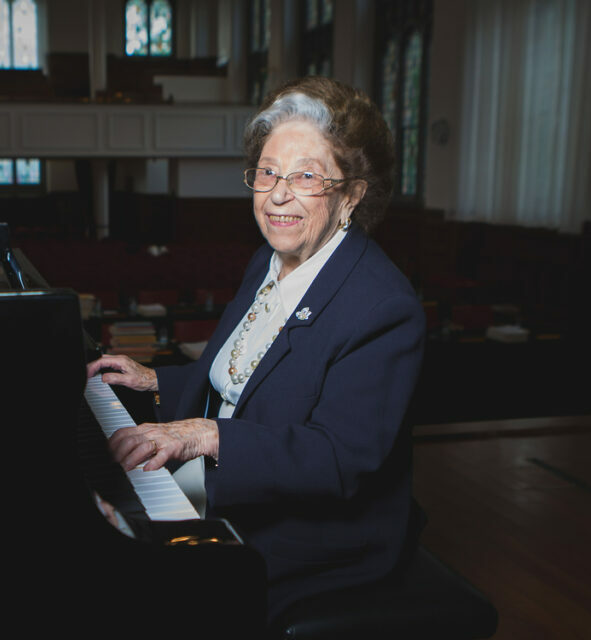

Intro
Fanny Waterman’s lifelong love affair with the piano is a colourful tapestry indeed. Born into an artistic family in impoverished circumstances, her prodigious musical talent and immense determination led her to develop many facets as a pianist, teacher and founder of the Leeds International Piano Competition. She remains an inspirational, passionate and cherished figure of the piano world.
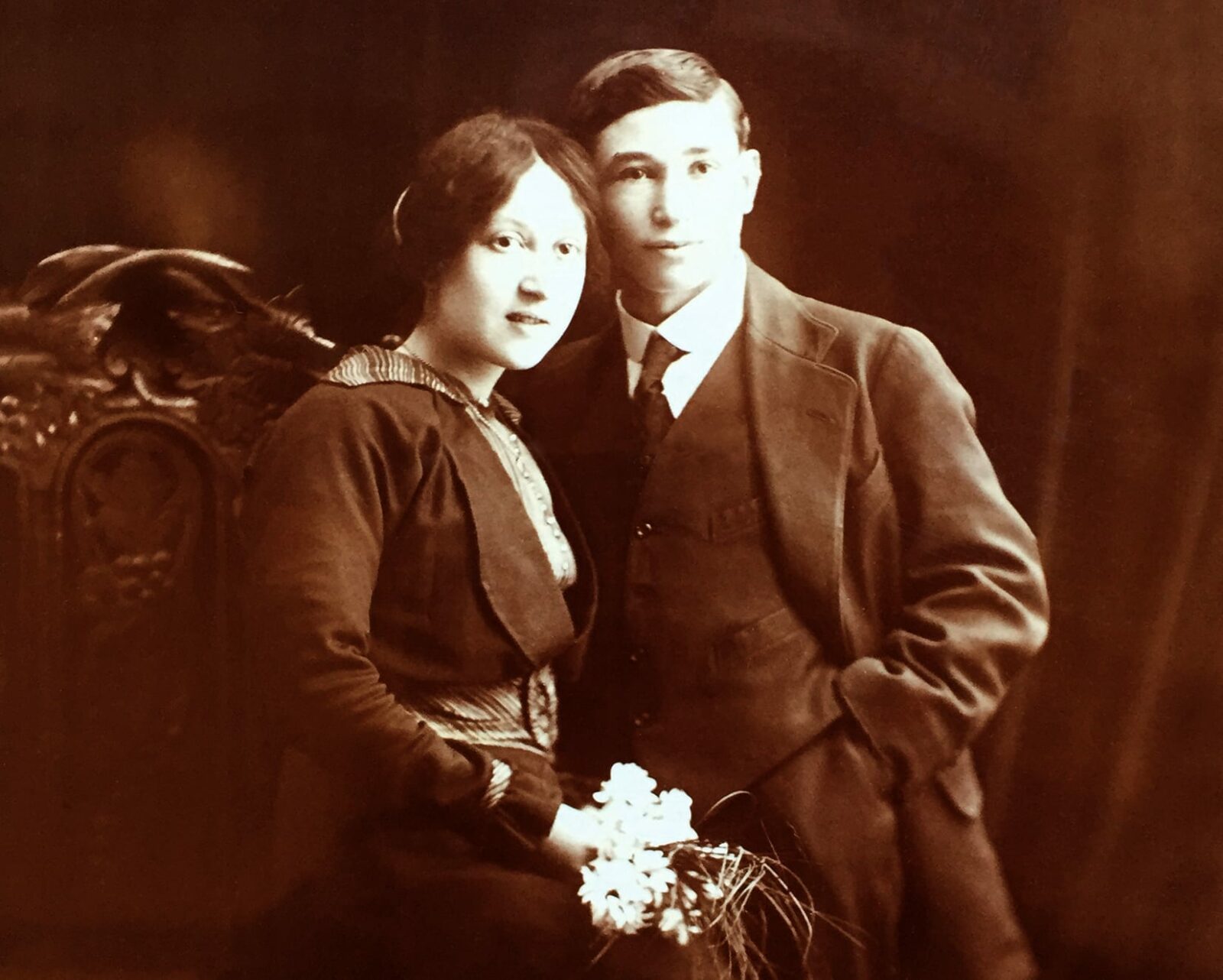
1920
Fanny Waterman is born in Leeds on 22 March, the daughter of Mary Behrman, an English born daughter of Russian emigrant Jews and Myer Wasserman, born in Berdichev (Ukraine), an expert diamond-mounter. Fanny’s elder brother, Harry, had been born 3 years earlier.
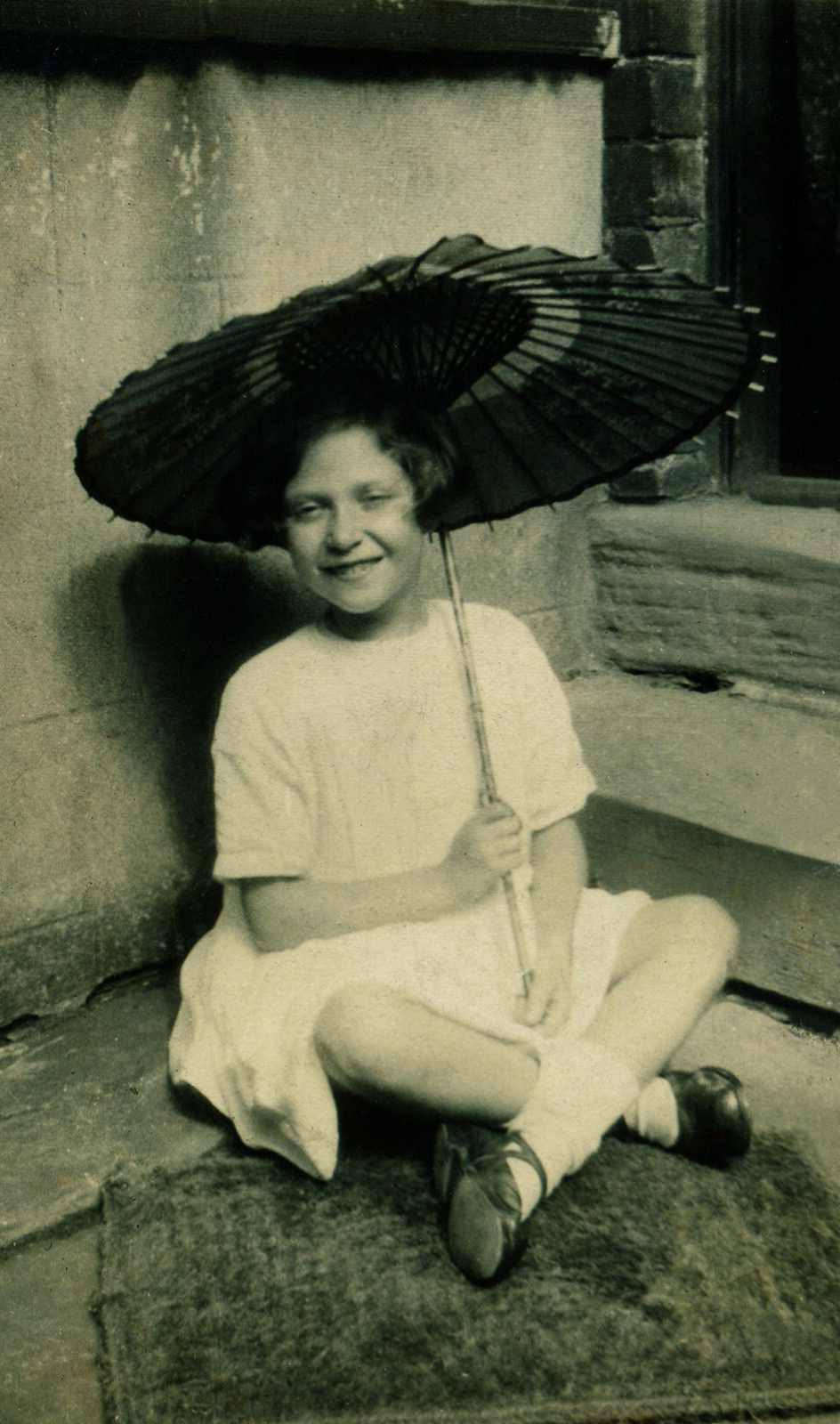
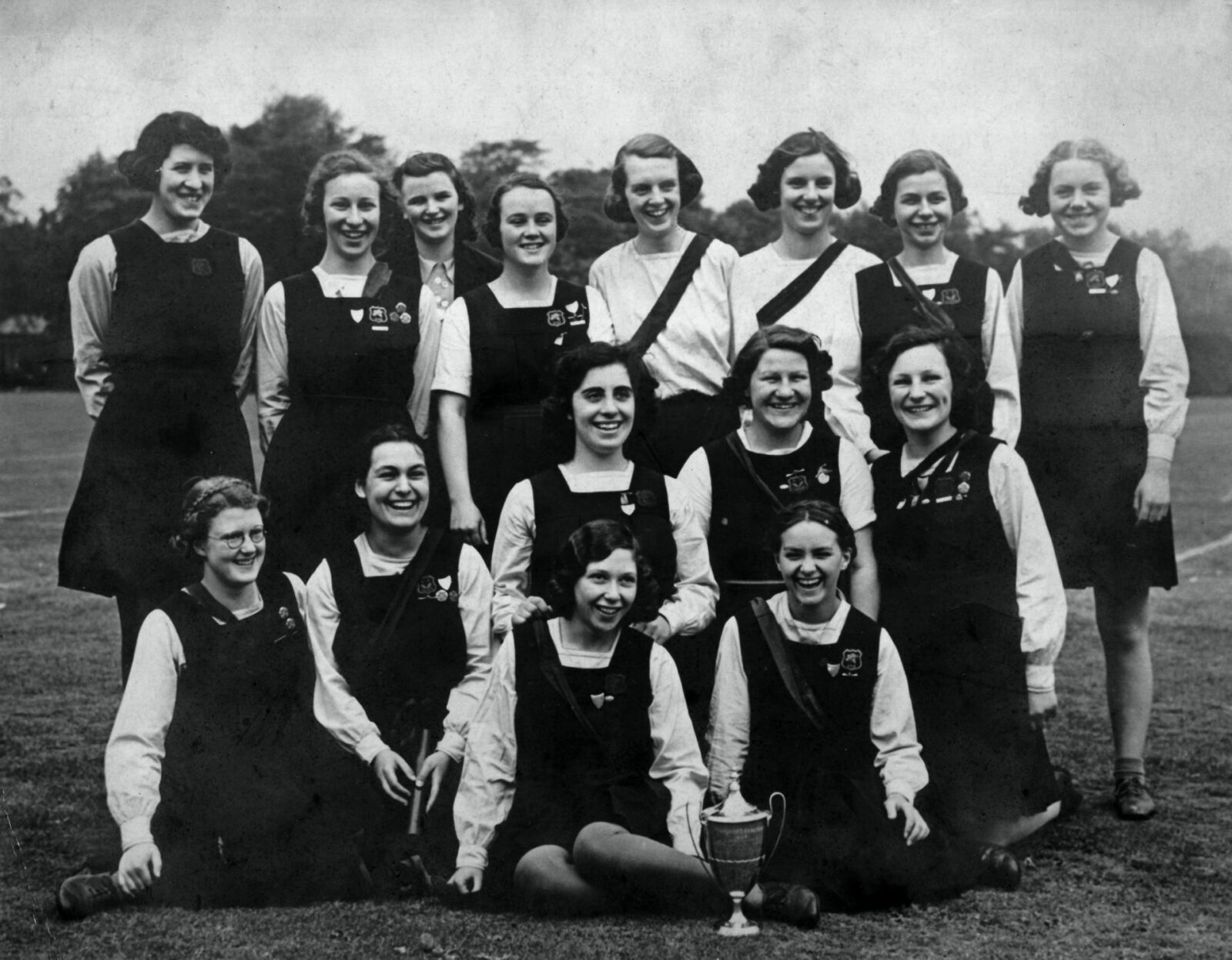
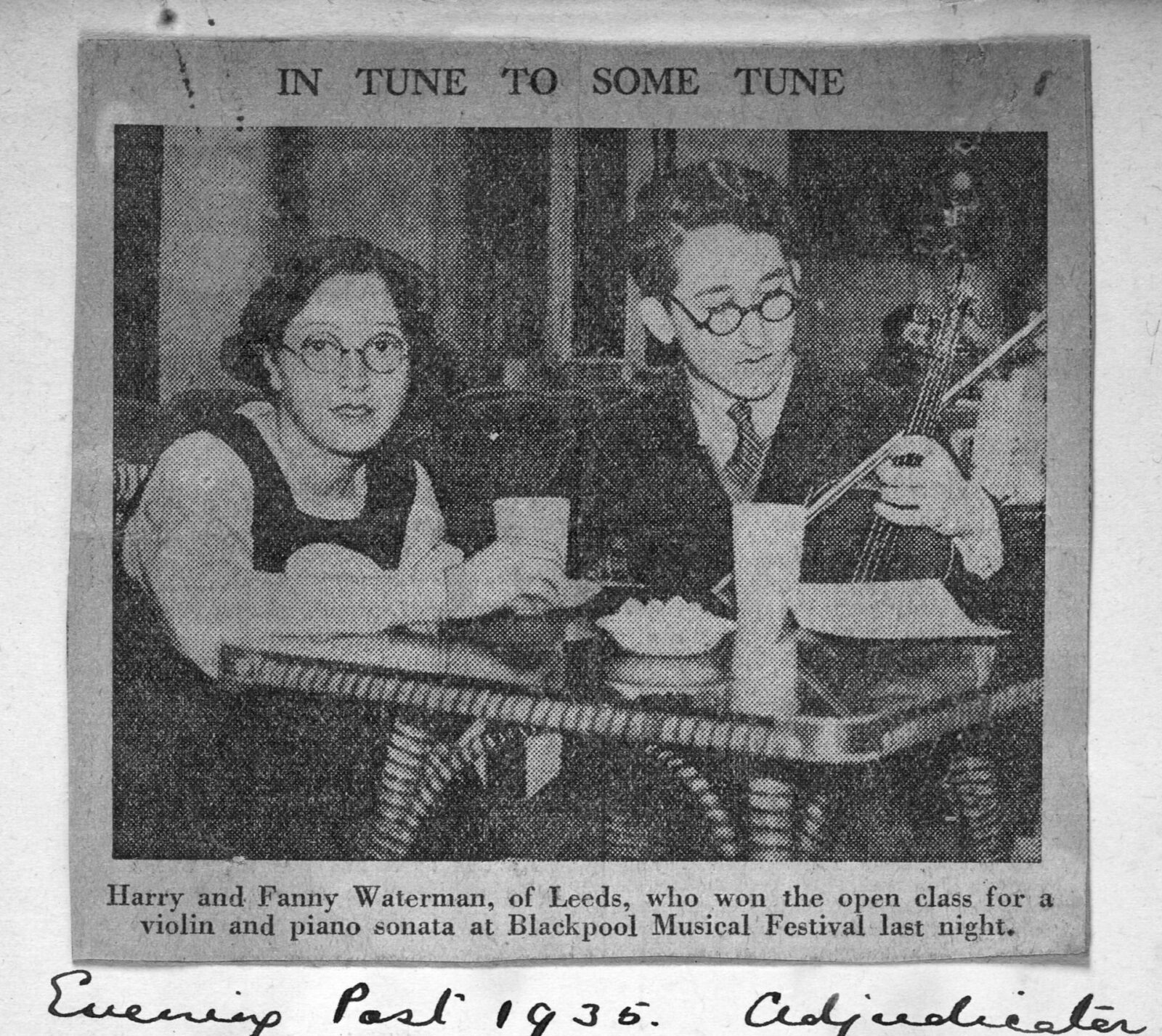
1927
Aged 7 years, Fanny receives her first battered upright piano, taking lessons with local teacher Mrs Goldstone whilst Harry takes violin lessons with Arthur Kaye in Huddersfield.
The headmistress of Chapel Allerton High School, Miss Norah Henderson, is a major influence in her young life – the school motto ‘in minimis fidelis’ – ‘Be faithful in little things.’ Fanny plays the hymns in school assemblies and begins to understand the beauty of a singing tone.
In his adjudication at Blackpool Piano Festival’s duo sonata class, Dr Herbert Howells said of Fanny & Harry:
‘They were brother and sister in movement as well as otherwise. Fanny treated the piano like a box of toys, inviting Harry to gaily join in the fun. She shaped things…The decisive and gifted work of the pianist was constantly giving her the superiority of interest, but there was a family disagreement at the top of page 3.’
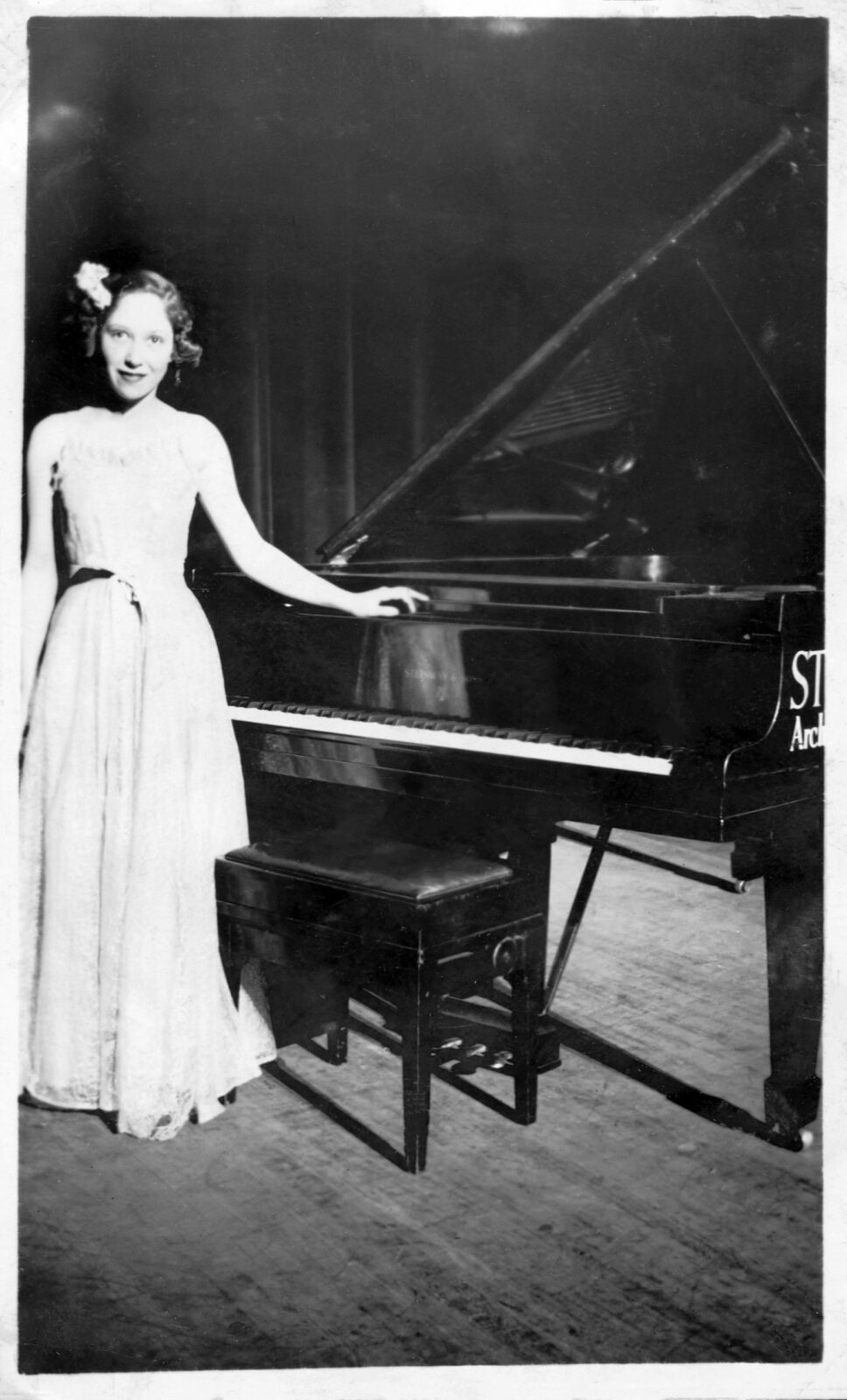
1938-41
On her 18th birthday, she receives a second-hand Steinway grand piano from her parents. She has lessons with Tobias Matthay in London then takes up a scholarship at the Royal College of Music (RCM) to study with Cyril Smith. In 1941 she performs Mozart’s Concerto in A major K488 with the Leeds Symphony Orchestra at Leeds Town Hall and in the same year, meets a young medical student at her recital in Leeds – Geoffrey de Keyser.
1942
With fellow RCM scholars, Joan Baker and Colin Horsley, she performs Bach’s Triple Concerto at the Proms, the first concert given at the newly installed Royal Albert Hall after the bombing of the Queen’s Hall. Proms founder Sir Henry Wood writes to her afterwards that ‘the work created a deep impression.’
1943
Gold Medal Award.
Is awarded the Challen and Sons Gold medal in her last term at the RCM, and the Ellen Shaw Williams prize for piano. Called up, she is offered as a reserved occupation the choice between joining the Women’s Land Army and teaching. She chooses to teach and leaves the RCM.

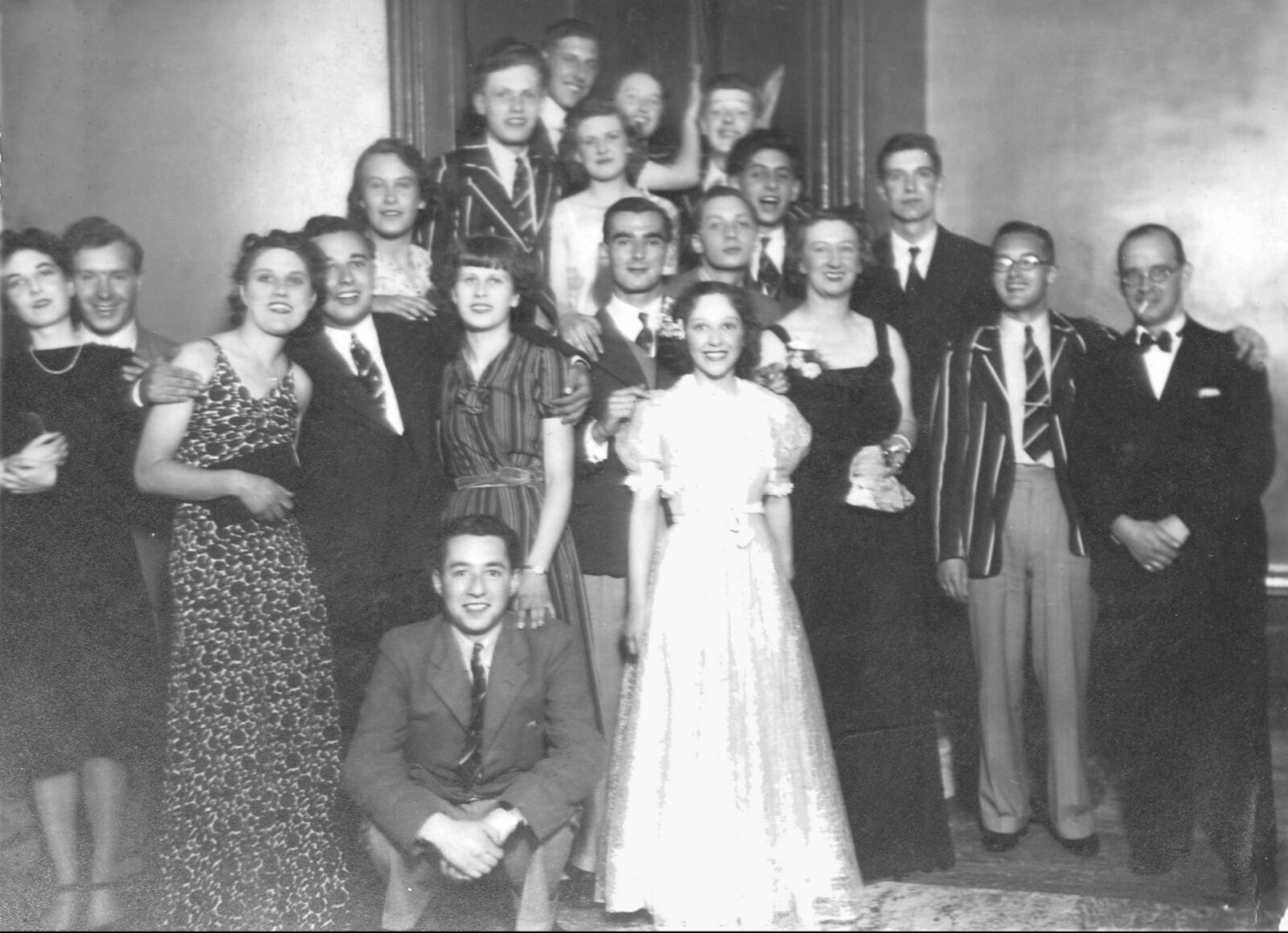
1944
Marries Geoffrey on 16 August at the Beth Hamedrash Synagogue in Leeds and takes up the job of piano teacher at her old school. Fanny opens the new season of the Leeds Symphony Orchestra with Mozart’s D Major Concerto, K.537 and forms a duo with violinist Rosemary Rapaport, performing nationwide.
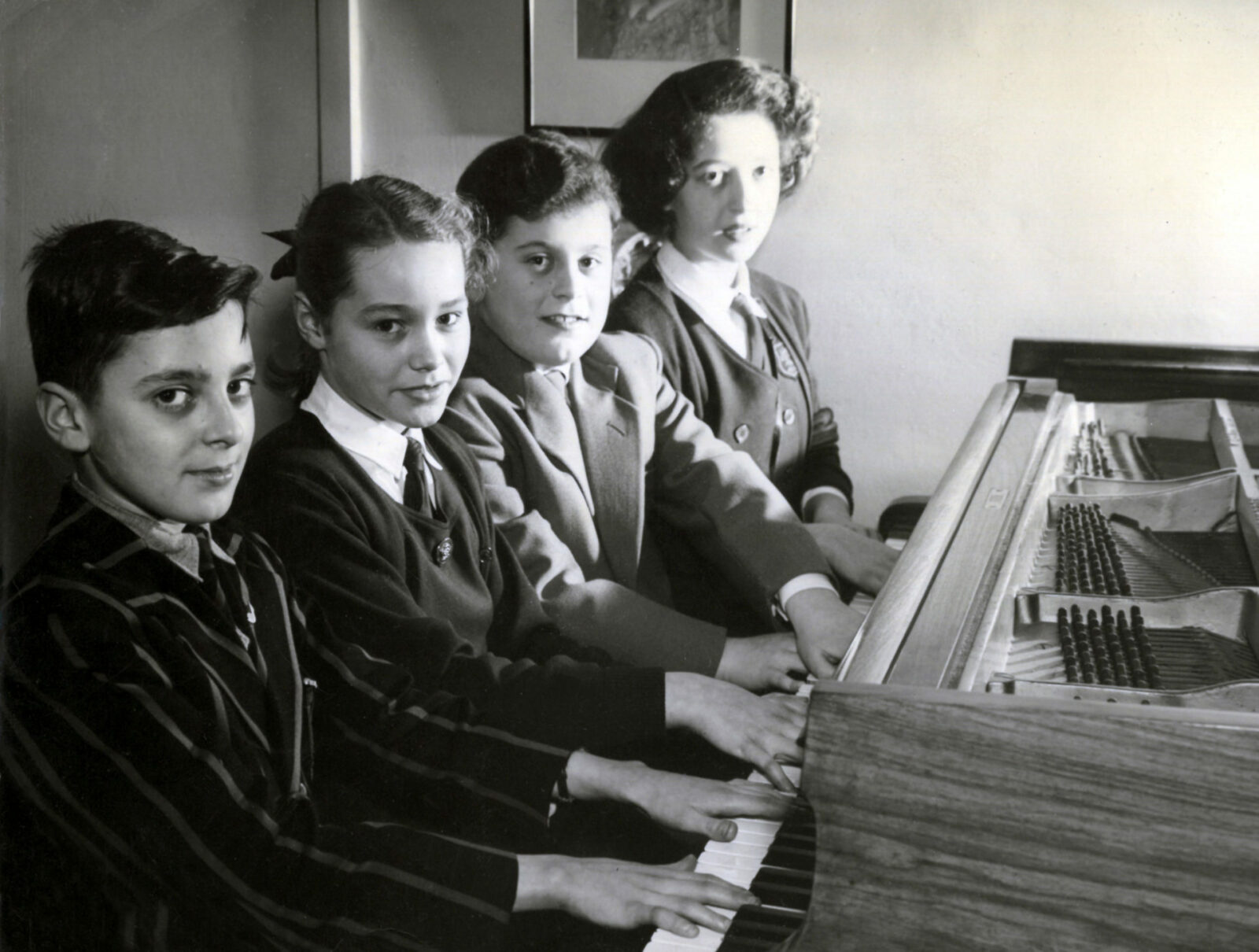
1950-59
Her career as a full-time concert artist with many broadcasts and an ever-increasing schedule starts to change focus as she realises her true vocation is teaching. Her two sons are born – Robert in 1950 and Paul in 1956.
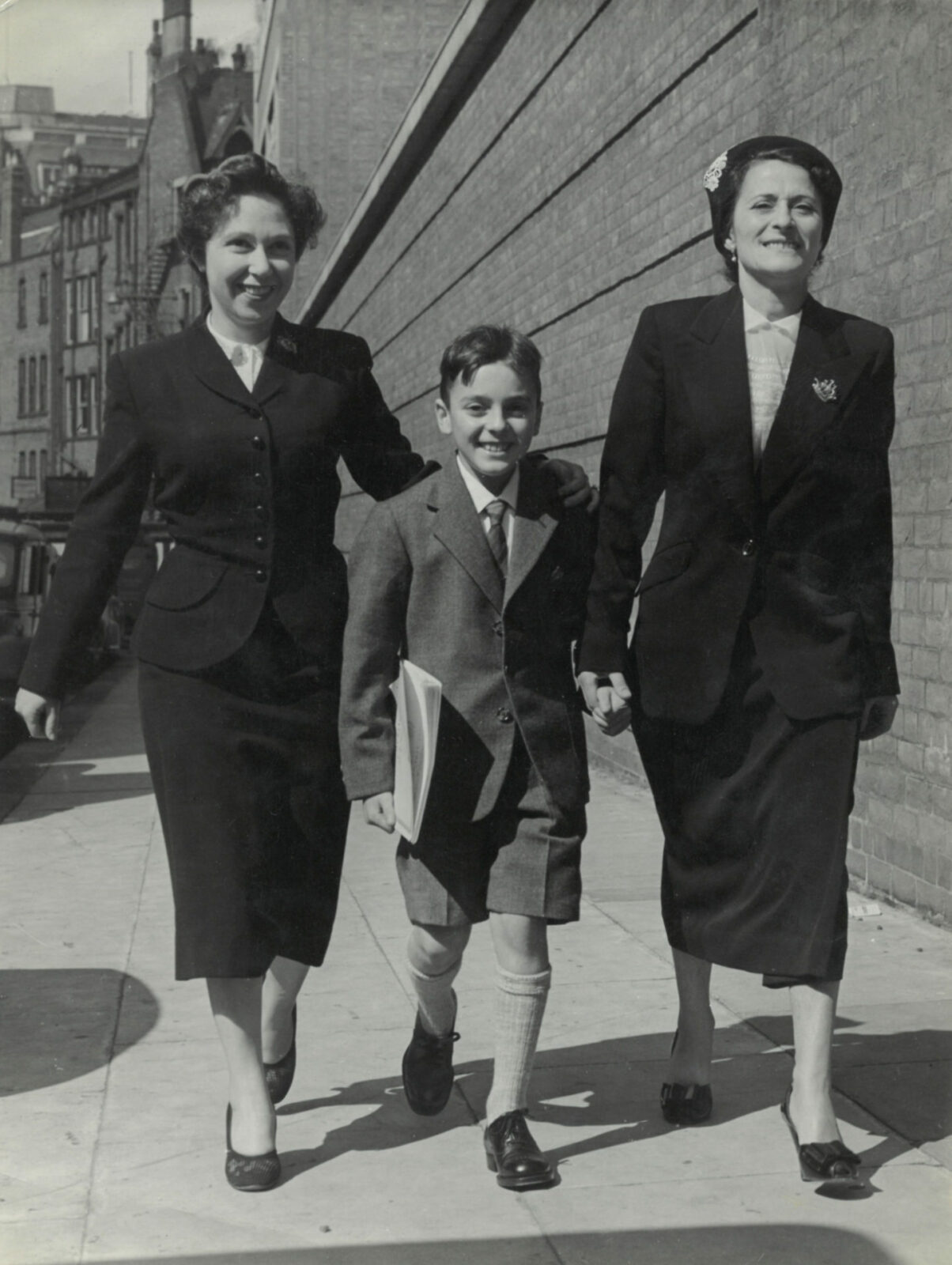
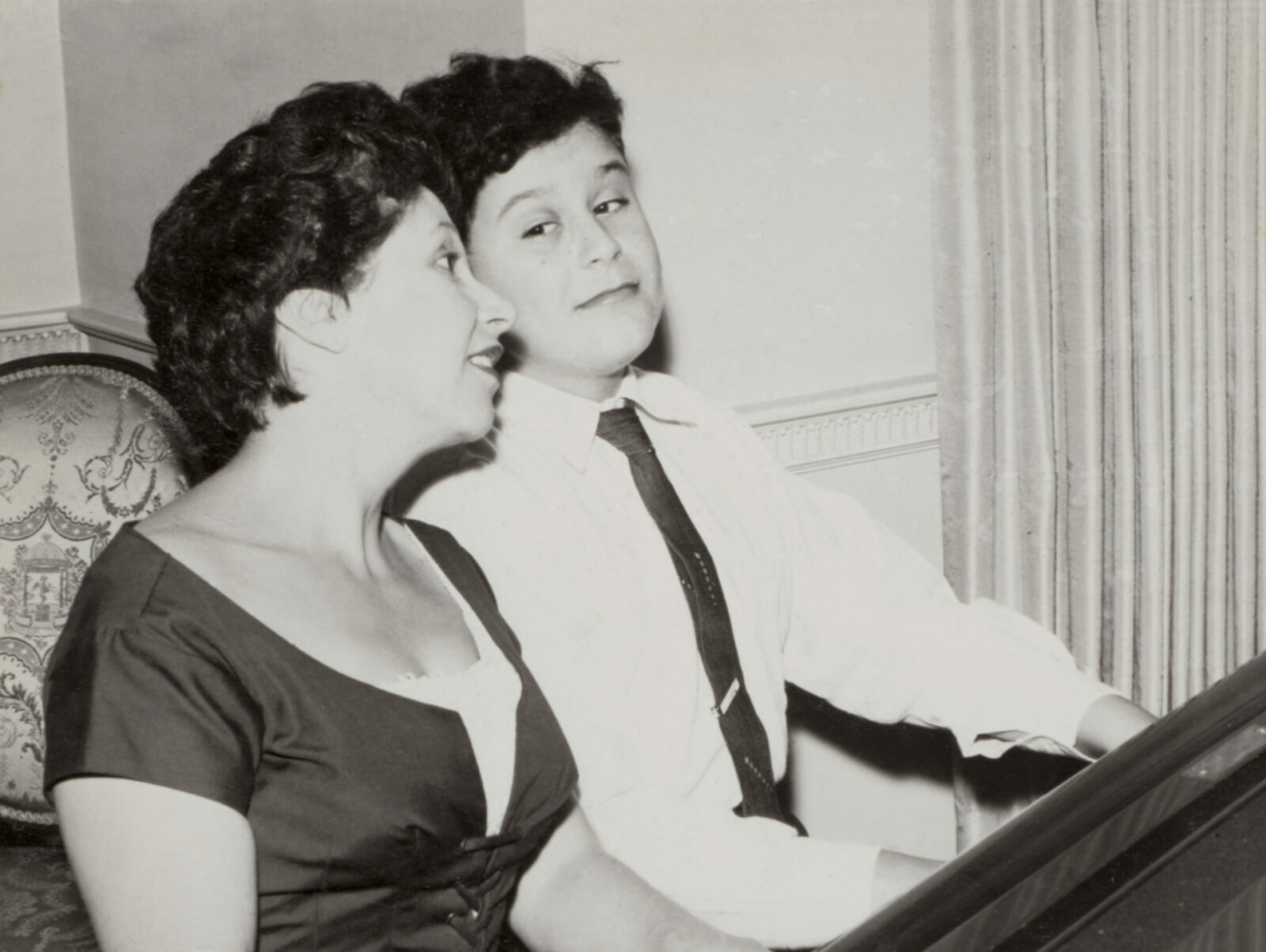
1960
Fanny has become established as one of the country’s leading private piano teachers with a string of extraordinarily gifted young proteges, including Wendy Waterman, Kathleen Jones, Nichola Gebolys, Allan Schiller and Michael Roll. ‘Learning to become a craftsman, a musician and then becoming an artist’ is how she describes the journey of learning.
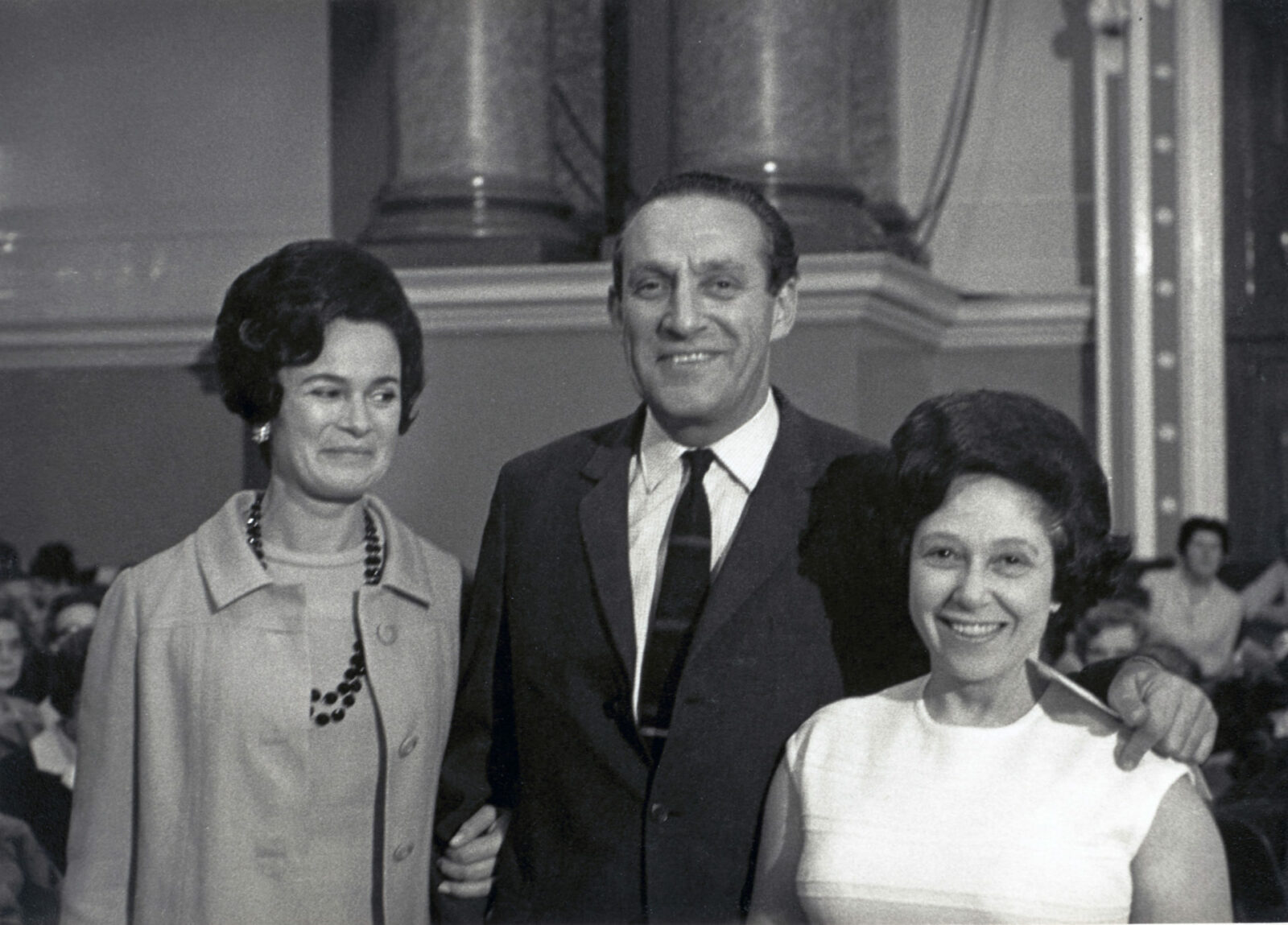
1961
Believing that competitions raise the profile and standards of rising players, Fanny has the idea of an international event in Leeds. With Marion, Countess of Harewood – her ‘dearest friend of a lifetime’ – she sets about forming a committee and raising funds. Jack and Roslyn Lyons are the founding benefactors, matching support given by Leeds City Council and the University of Leeds, marking the start of their long-term support of the competition.
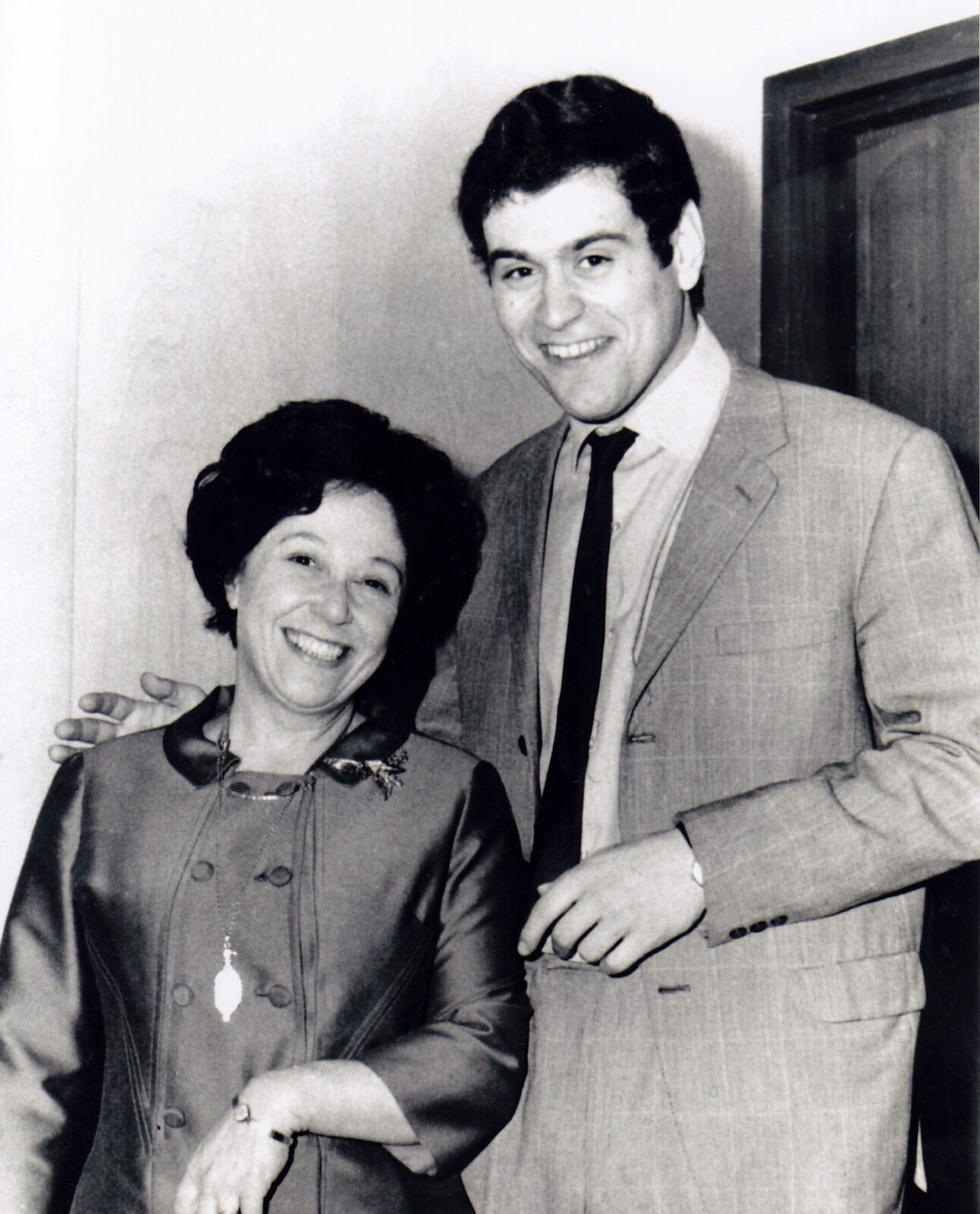
1963
The first Leeds International Piano Competition.
Competition takes place from 13 to 21 September with Princess Mary as Patron. There are 94 entrants aged between 17 and 28, from 23 countries. The Jury, chaired by Sir Arthur Bliss, awards first place to Michael Roll, one of only two Britons to win the prize. Sir John Pritchard conducts the Royal Liverpool Philharmonic Orchestra, which plays at the finals until 1975.
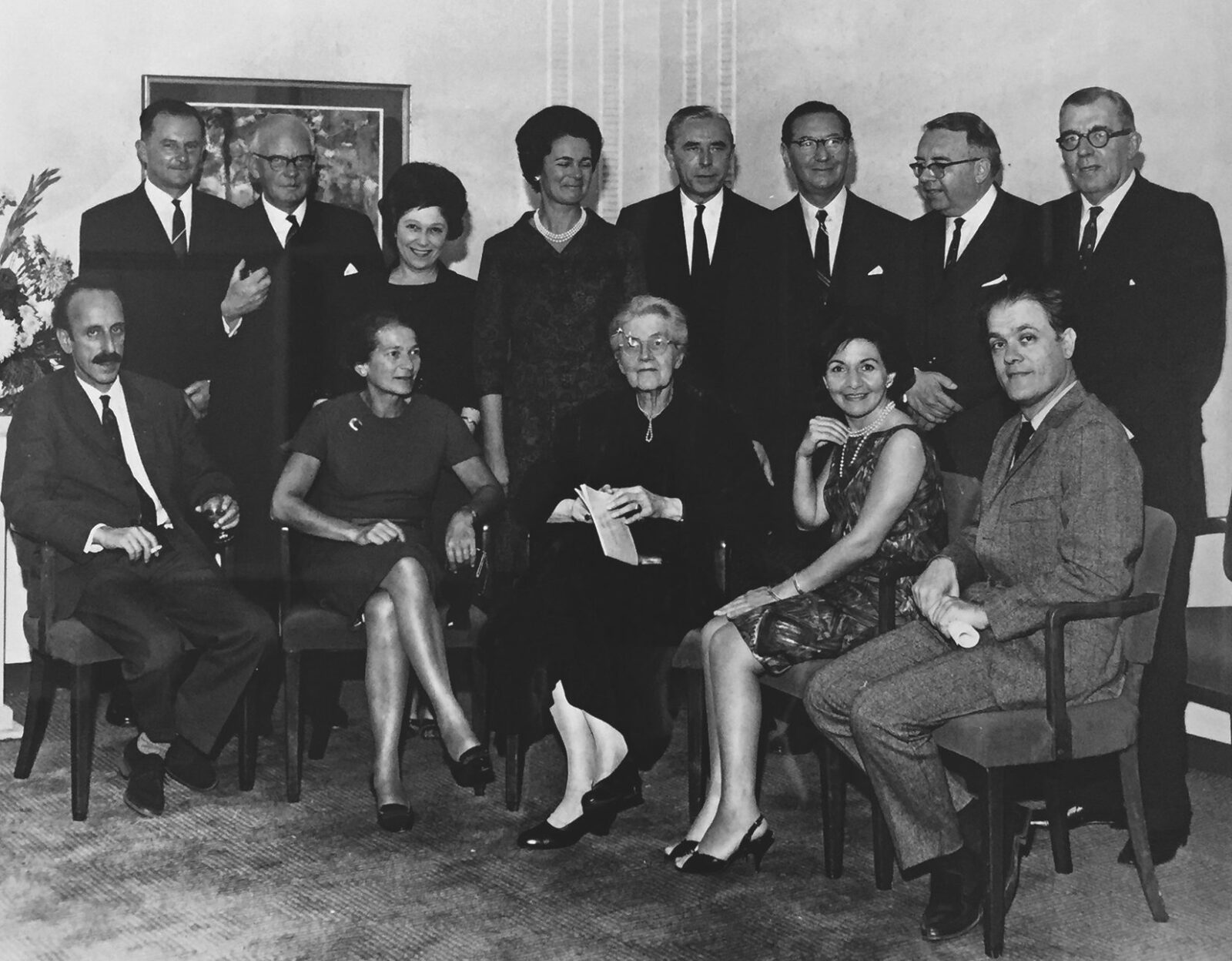
1966
William Glock chairs the Jury at the second competition, at which Rafael Orozco of Spain wins the first prize; two Russians share the second prize – Viktoria Postnikova and Semion Kruchin.
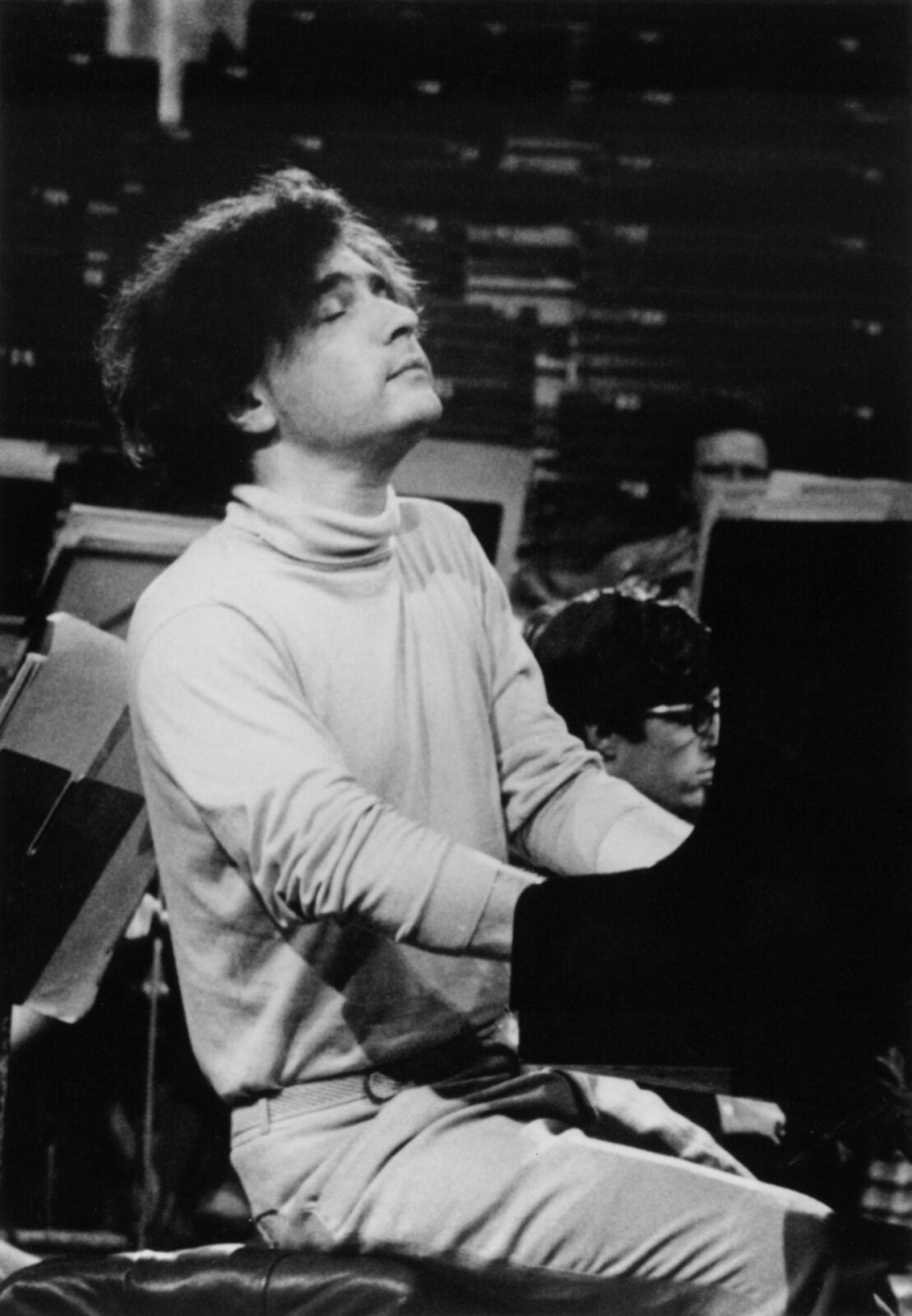
1969
Fanny declares she will not run another competition if Romanian entrant Radu Lupu is not in the finals. He wins the competition. The competition’s new Patron, HRH The Duchess of Kent, presents the prizes.
1971
Fanny Waterman is appointed Officer of the Order of the British Empire (OBE).
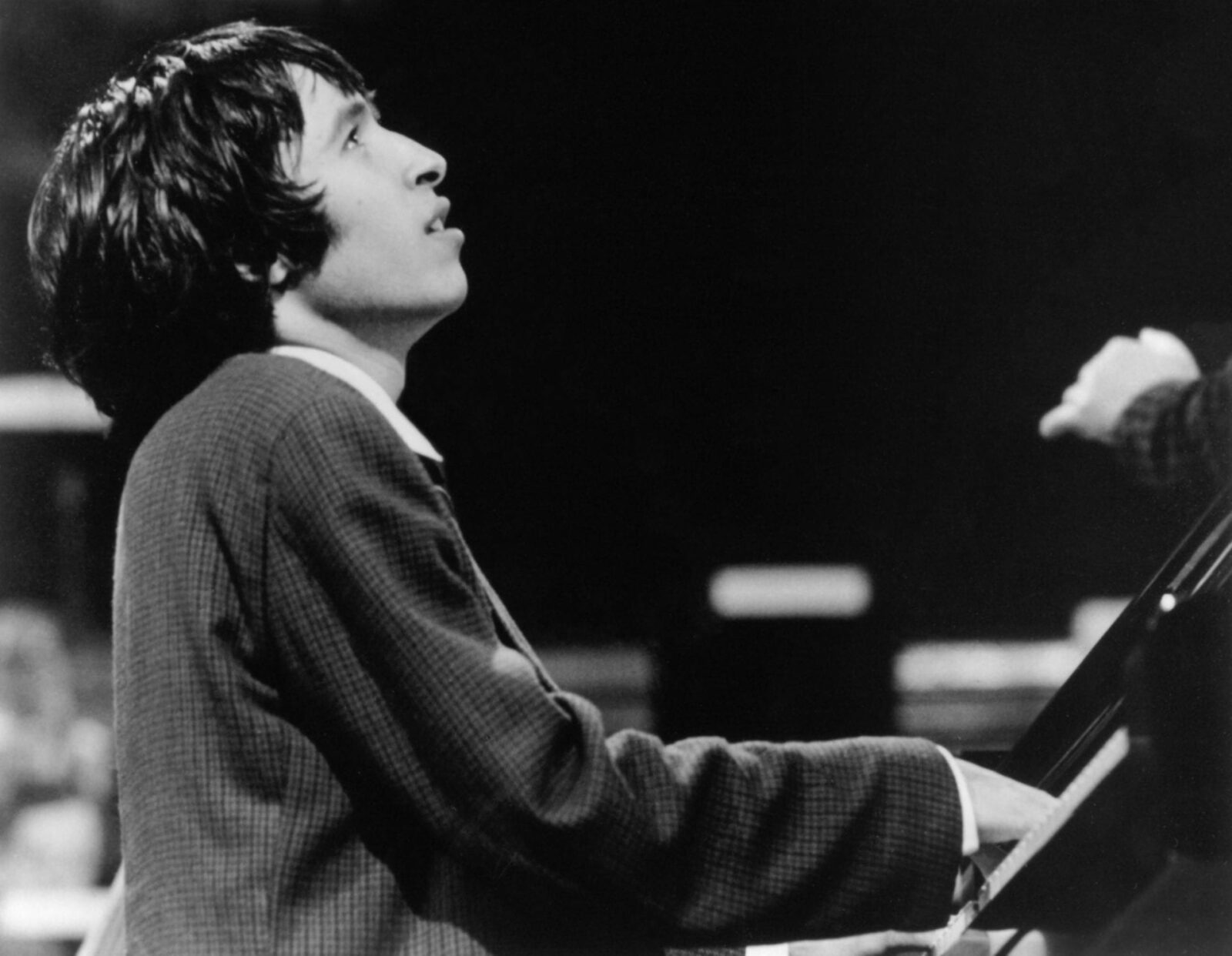
1972
The Duchess of Kent becomes Patron of the Leeds International Piano Competition. US entrant Murray Perahia is a popular outright winner, chosen by a Jury chaired by Lord Boyle of Handsworth.
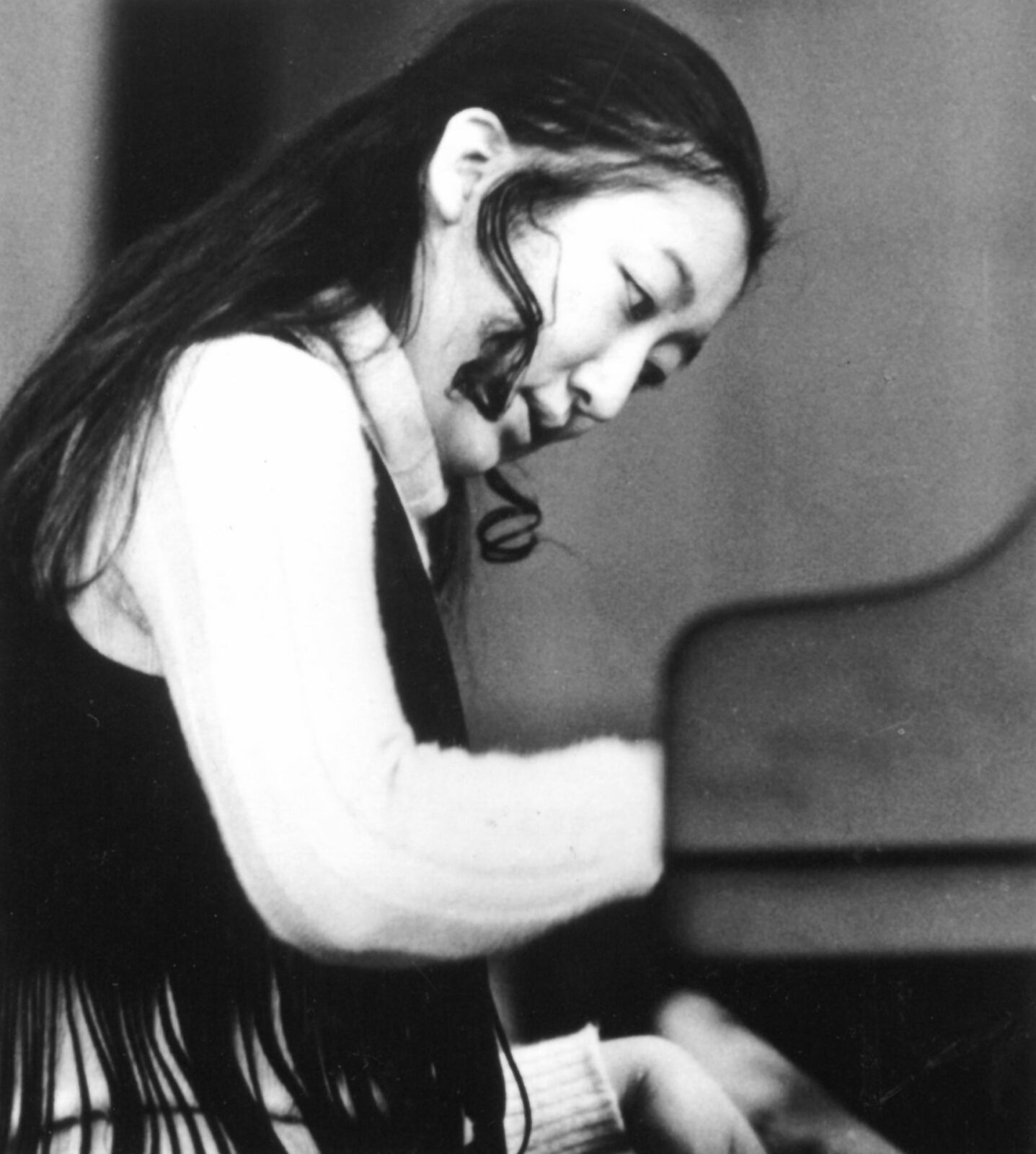
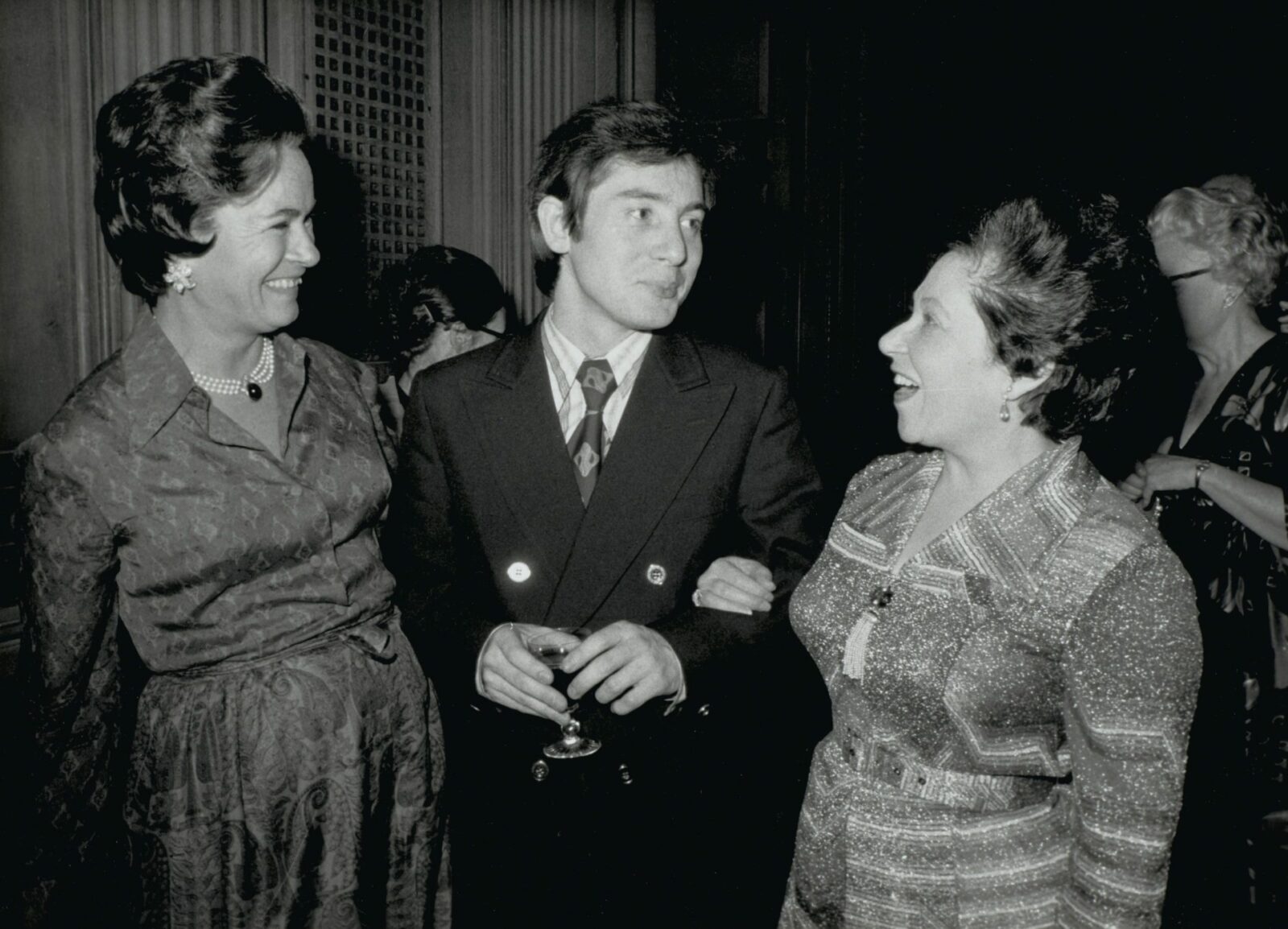
1975
Dmitri Alexeev from the Soviet Union wins first prize in an exceptional year when competitors include András Schiff, Mitsuko Uchida and Myung-Whun Chung. Marion Harewood, now divorced, marries the Liberal leader Jeremy Thorpe. Three years later and no longer living in Leeds, she resigns as Co-Chair of the competition.
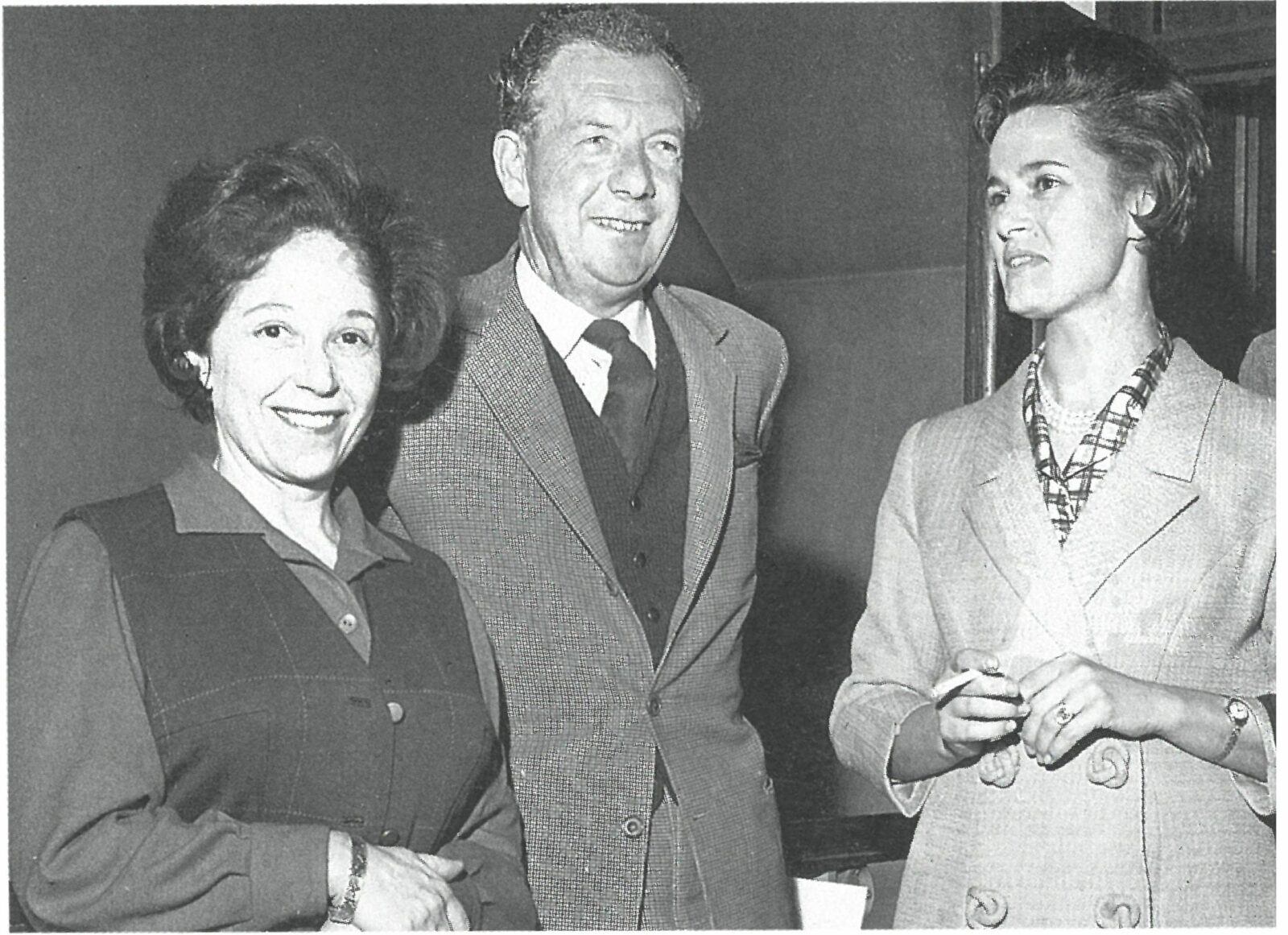
1976
Death of Benjamin Britten, who wrote his Notturno especially for the first competition and maintained strong links between Leeds and his own festival in Aldeburgh.
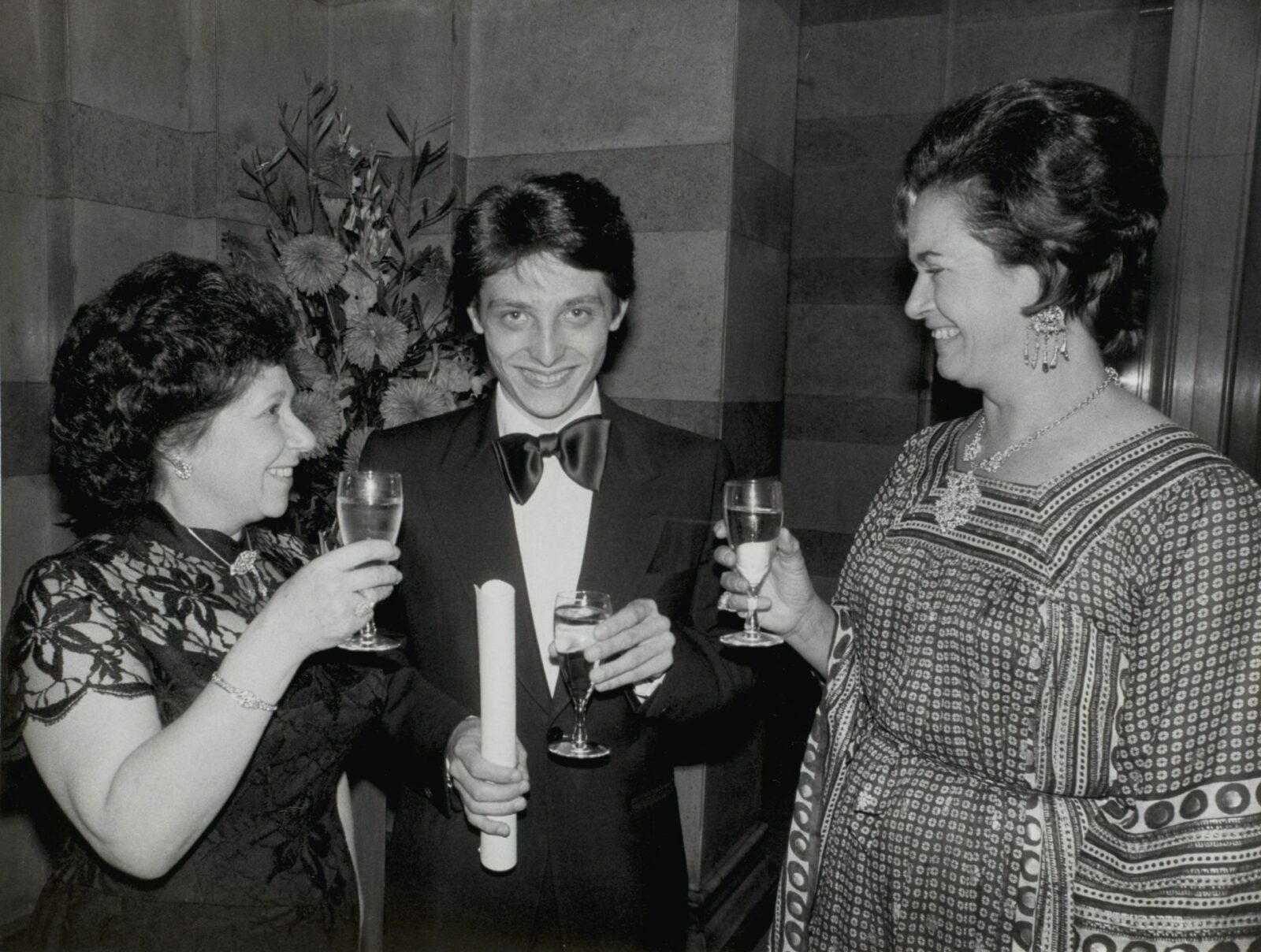
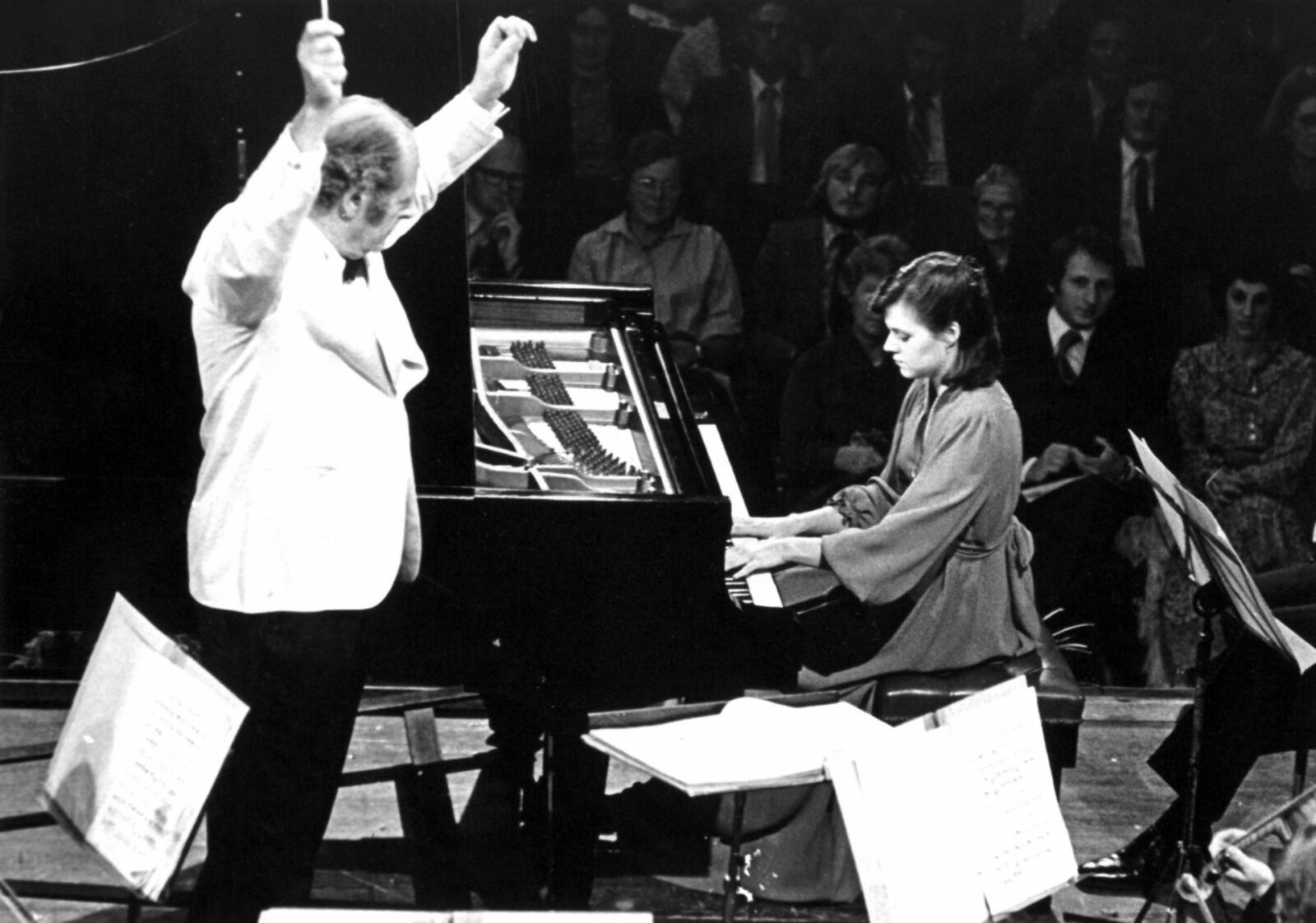
1978
Wine importers Harveys of Bristol become The Leeds’ first commercial sponsors. Dame Fanny becomes sole Chair of the Trustee Board and Marion Thorpe its Vice-Chair, until 1993. The winner is Michael Dalberto of the USA. Fourth place goes to the British player Ian Hobson, who returns three years later. Kathryn Stott is also a prize-winner. The BBC broadcasts both Friday and Saturday night finals.
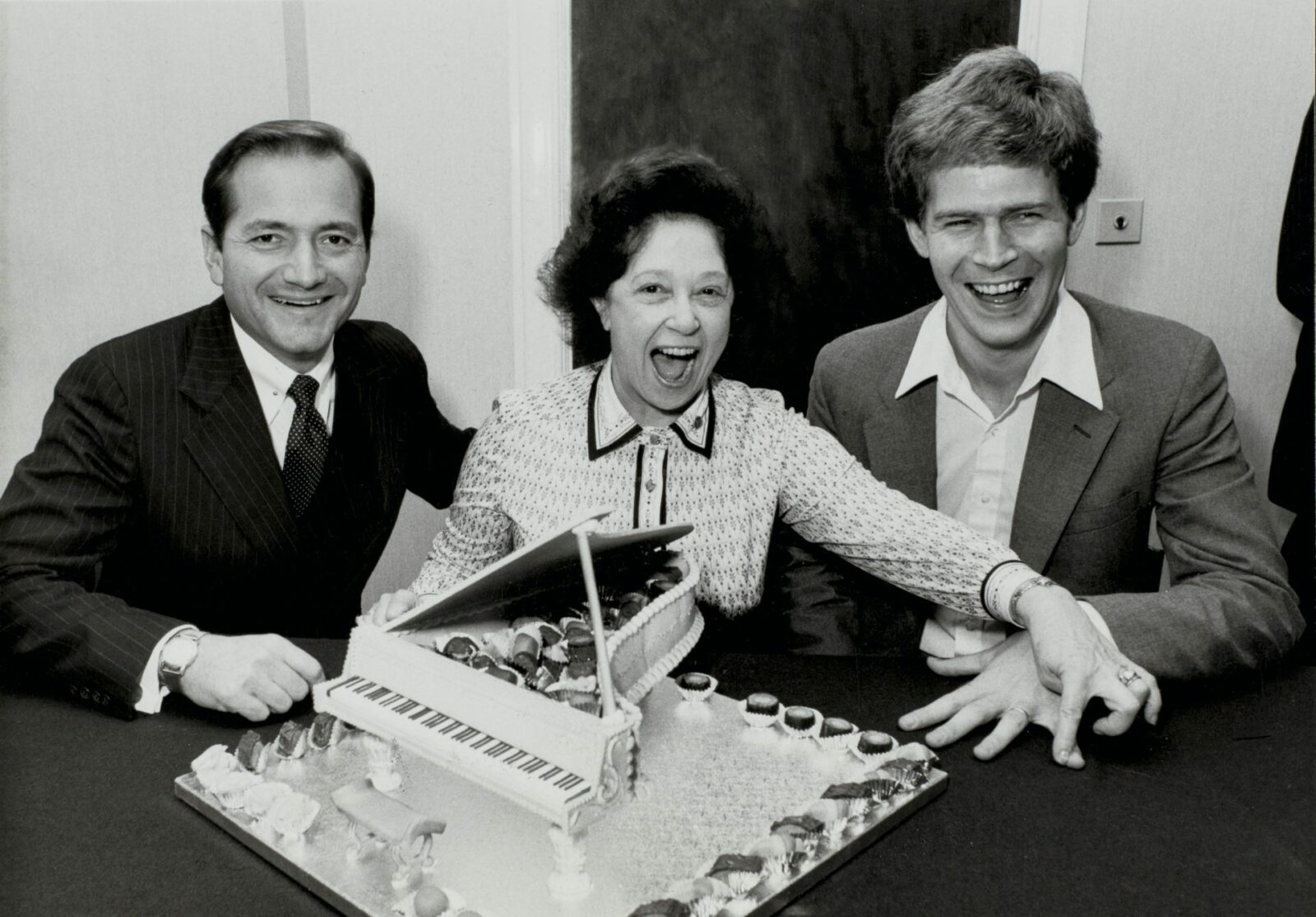
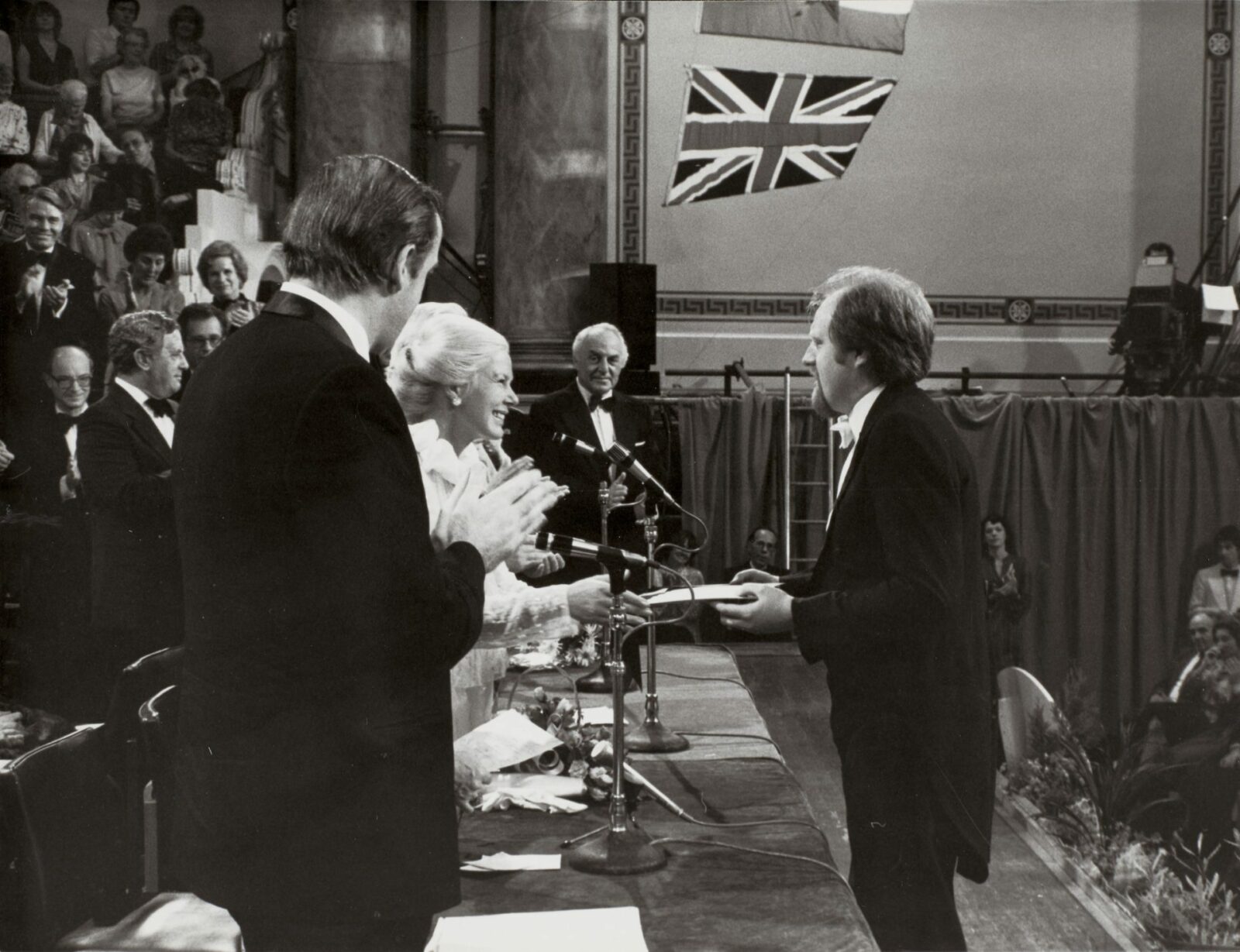
1981
On 28 September, Lord Boyle dies at the age of 58. His final illness casts a shadow over the competition, which finishes only days earlier, with Fanny taking his place as Chair of the Jury, a position she holds until 2015. The winner is the returning Ian Hobson, with Bernard d’Ascoli and Peter Donohoe among the runners-up.
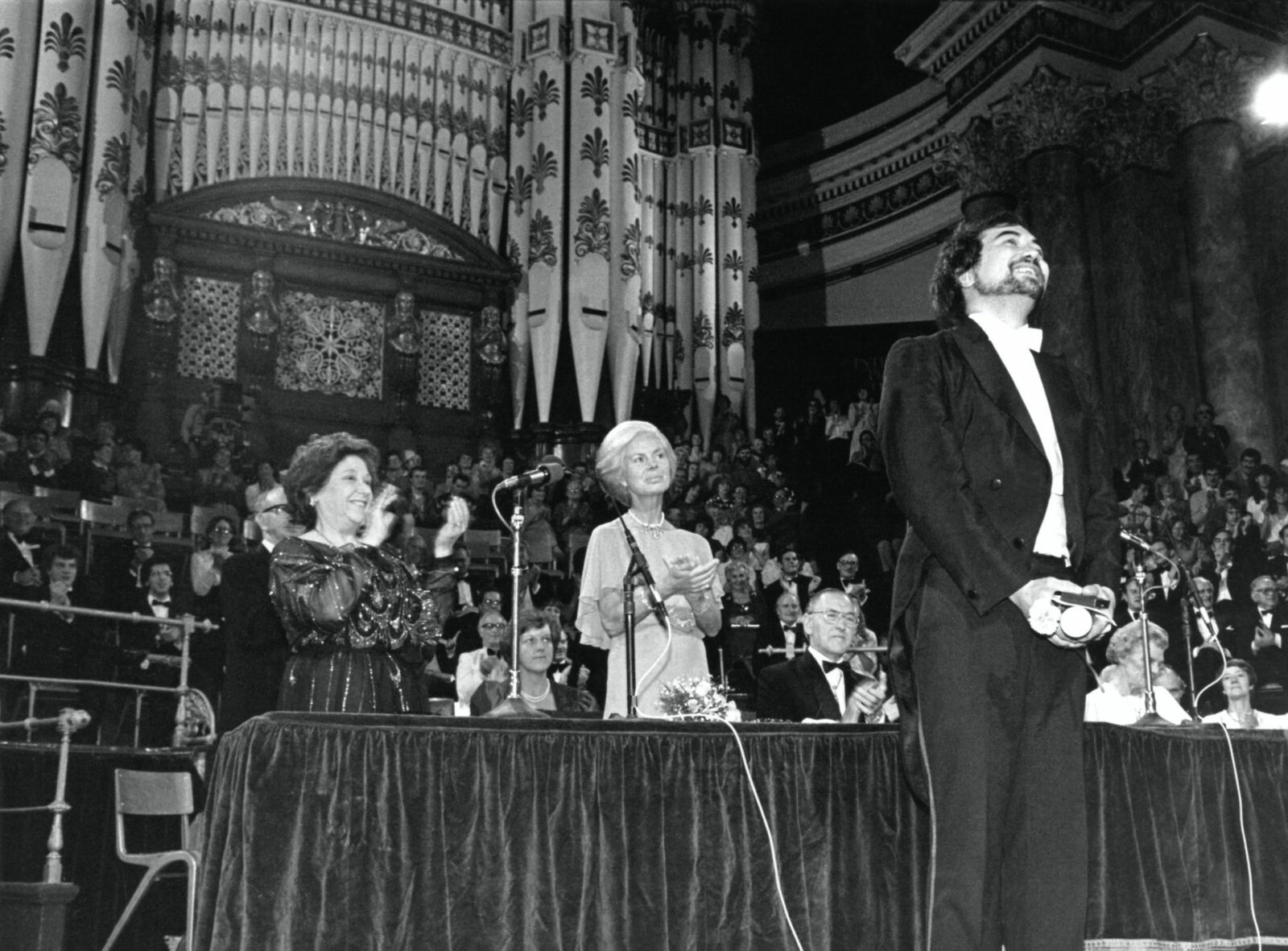
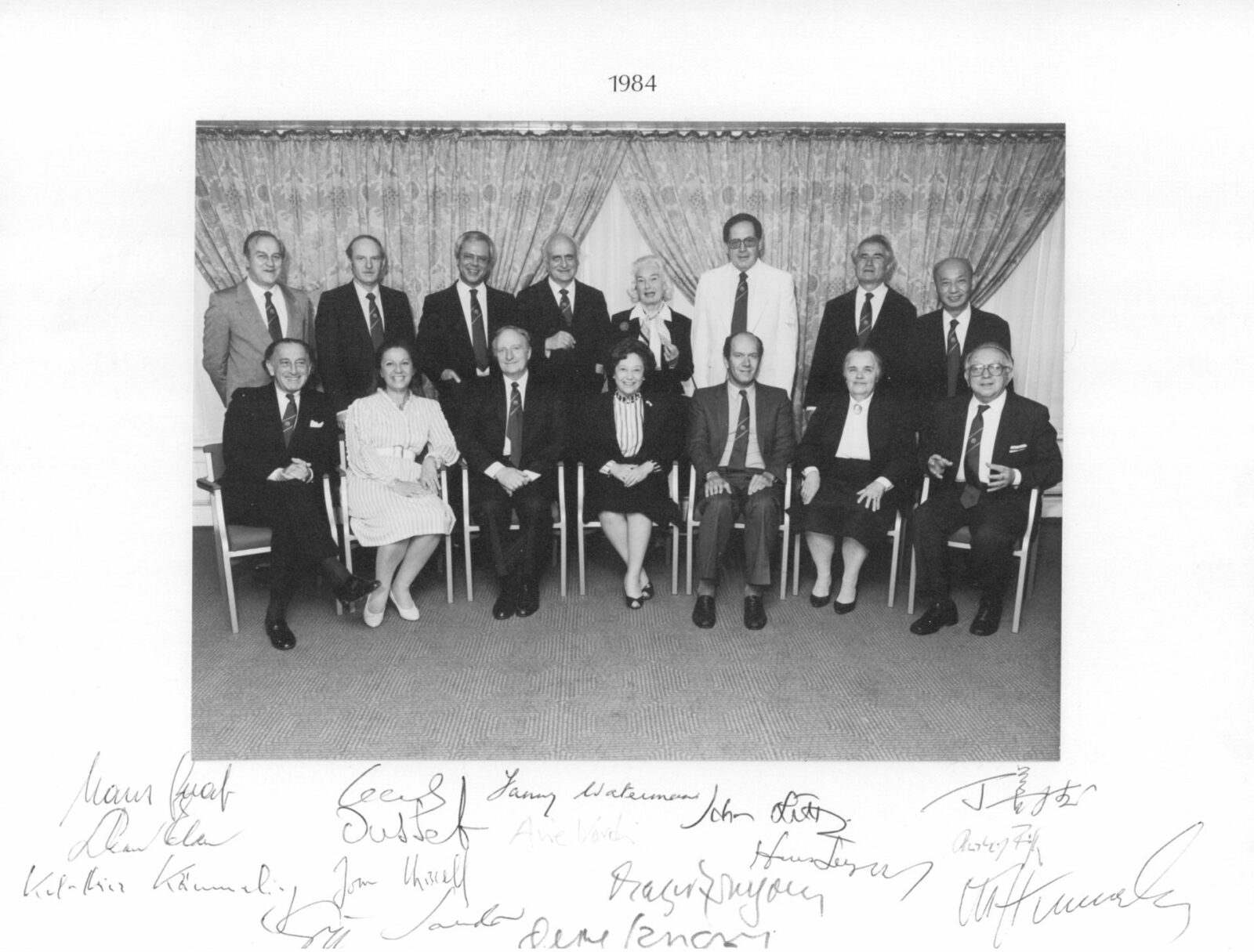
1984
John Lill, an entrant to the first competition in 1963, and winner of the 1970 Tchaikovsky Competition, joins the Jury. The first prize winner is John Kimura Parker of Canada. Vernon Handley conducts the BBC Philharmonic in its only competition appearance.
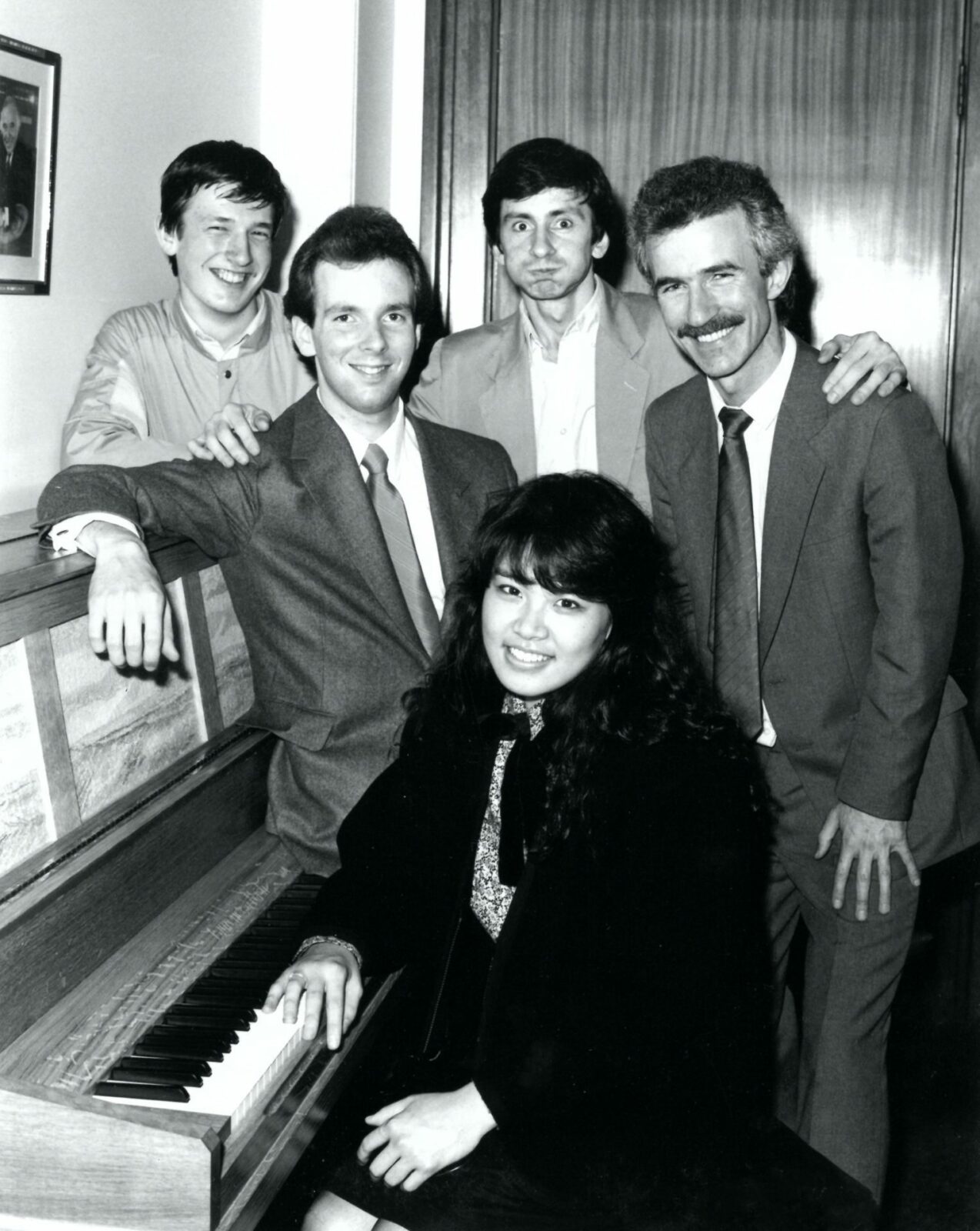
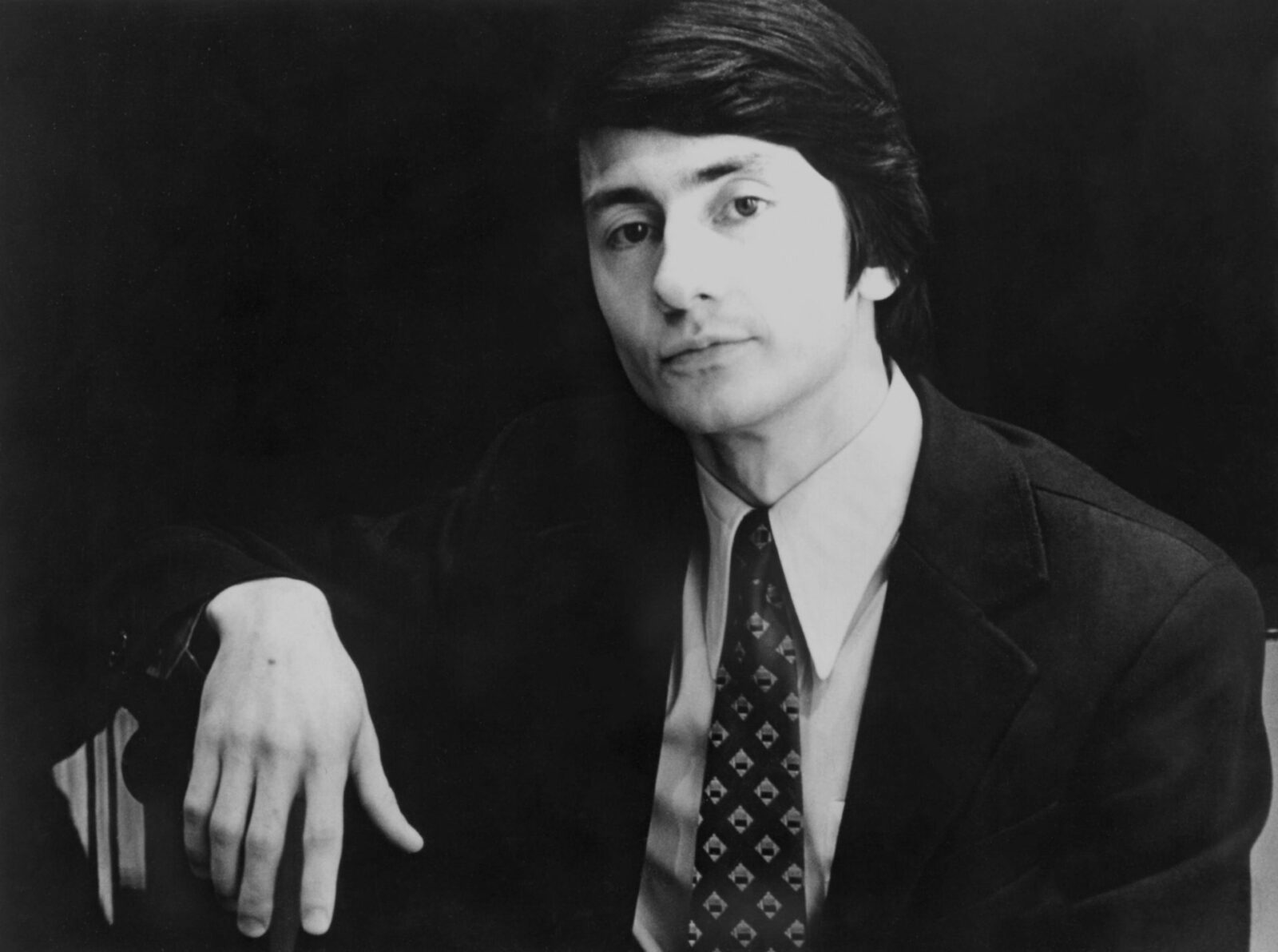
1987
In a competition with a strong Russian presence, Vladimir Ovchinnikov takes first prize, Boris Berezovsky is fourth. Simon Rattle conducts the City of Birmingham Symphony Orchestra at the finals, as he will until the Millennium competition in 2000.
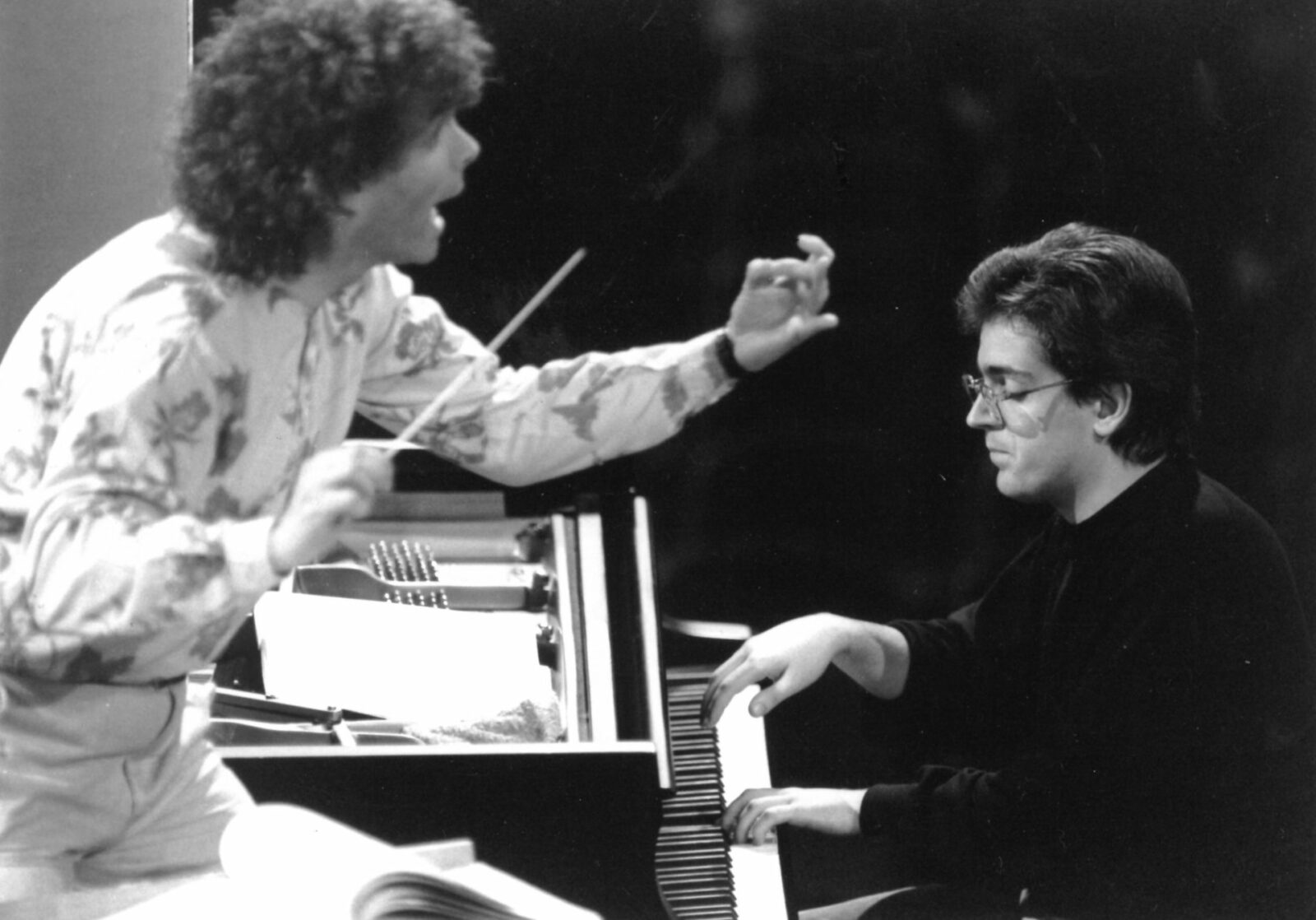
1990
The 10th competition is sponsored by Harveys of Bristol, who meet half of its £200,000 cost. Artur Pizarro and Lars Vogt take first and second prizes.
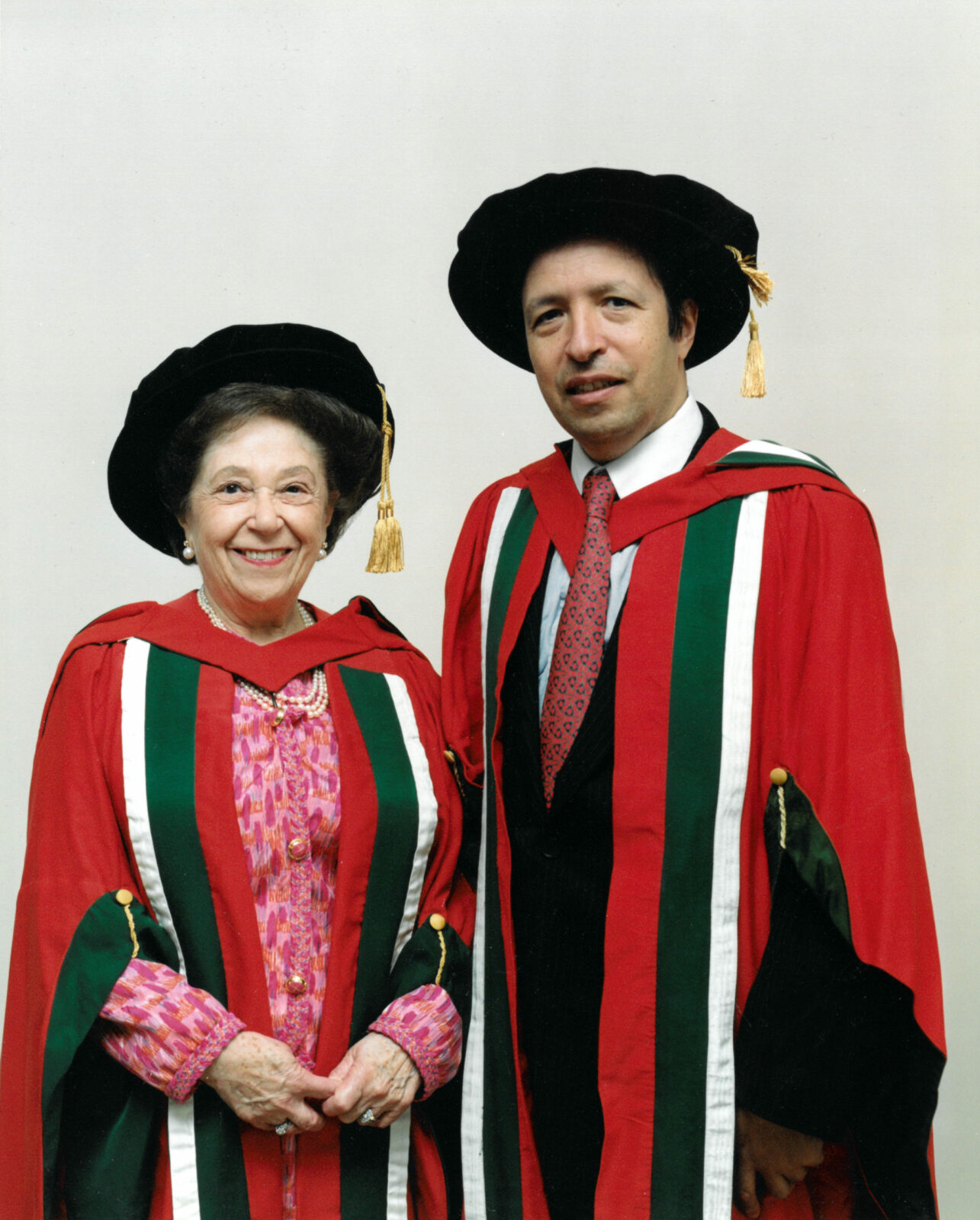
1992
An honorary doctorate is presented to Fanny by the University of Leeds.
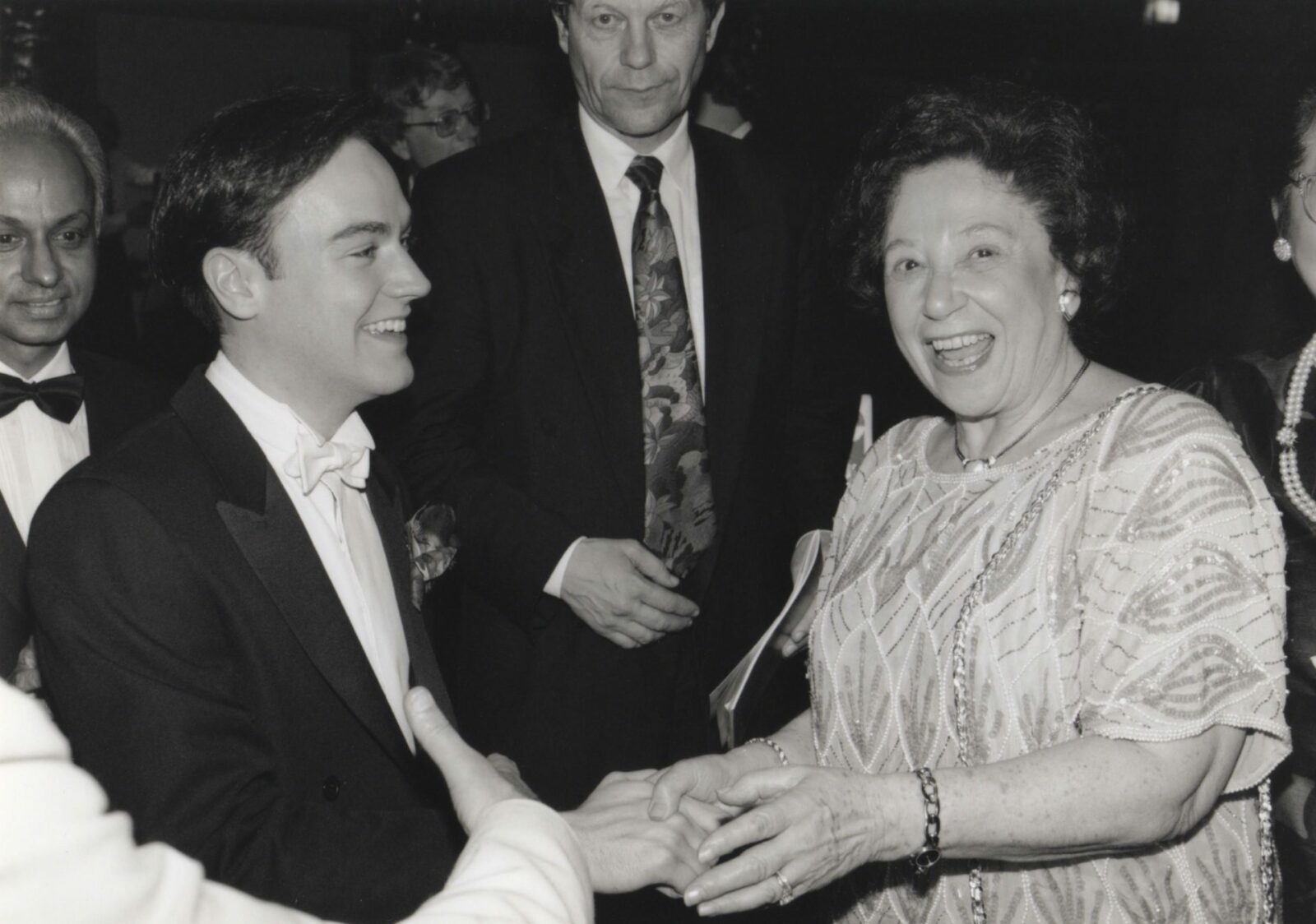
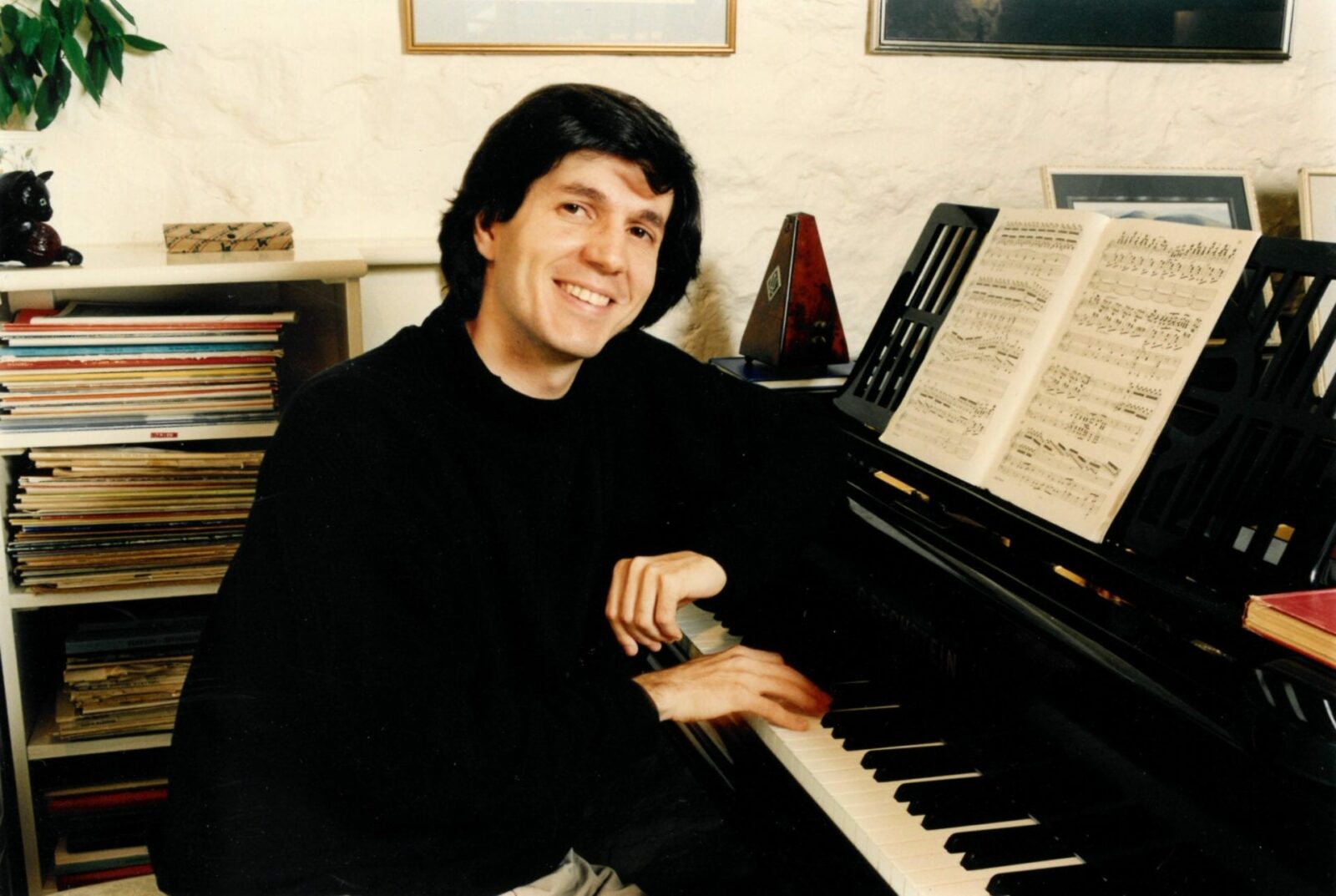
1993
The competition is won by the Brazilian Ricardo Castro playing Beethoven’s Piano Concerto No.5 and British pianist Leon McCawley takes second prize.
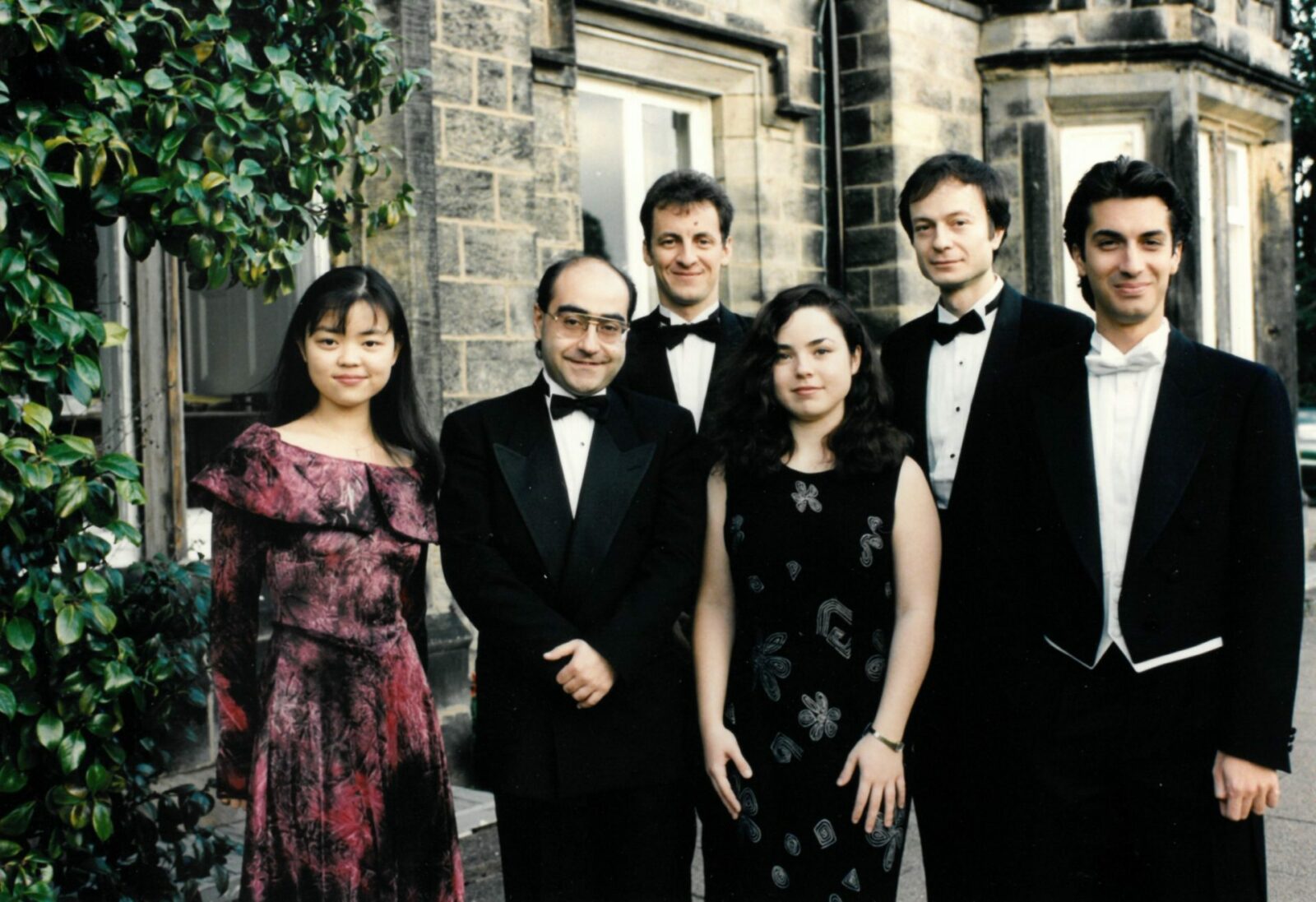
1996
The competition is delivered in association with Bunkamura (Japan) and Ilya Itin wins the first prize with Leeds’ first winning performance of Rachmaninoff’s Rhapsody on a Theme of Paganini.
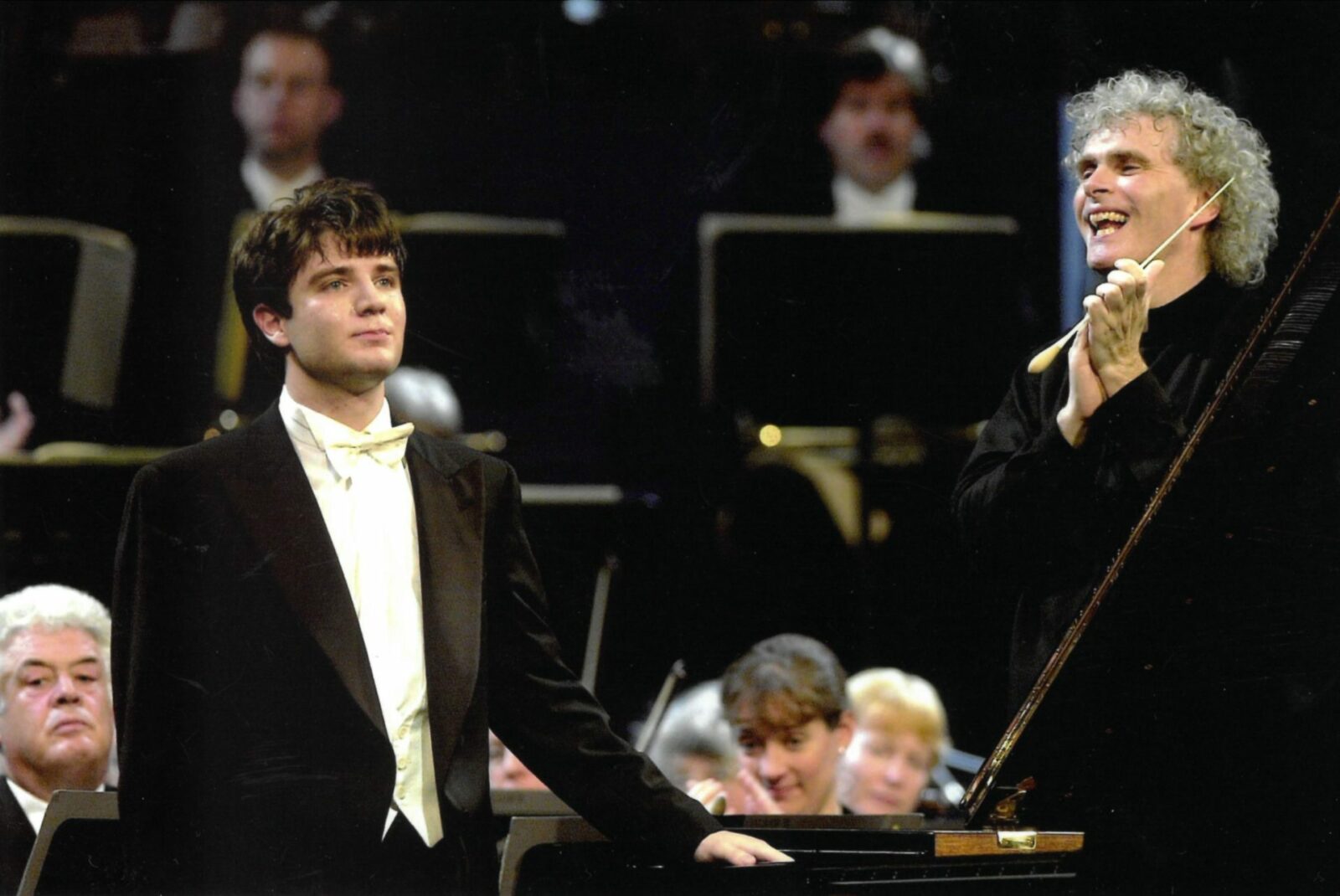
2000
Fanny is appointed Commander of the Order of the British Empire (CBE).
A full generation on from its founding, the competition comes up for air with a four-year break, ready for the new Millennium. Alessio Bax wins the first Leeds International Piano Competition of the 21st century, with Simon Rattle conducting the City of Birmingham Symphony Orchestra at the finals. Dame Janet Baker becomes Patron.

2001
On 27 July, Fanny Waterman’s husband, a stalwart of the competition, executive director and its master of ceremonies, Geoffrey de Keyser, dies at the age of 78. The couple have been married for 56 years.
2002
Lifetime Achievement Award.
Receives the inaugural Lifetime Achievement Award from the World Federation of International Music Competitions, in recognition of her outstanding contribution to classical music.

2003
The Finnish player Antti Siirala wins both first prize and the audience prize. Sir Mark Elder conducts the Hallé Orchestra, which will play for the finals until 2018.
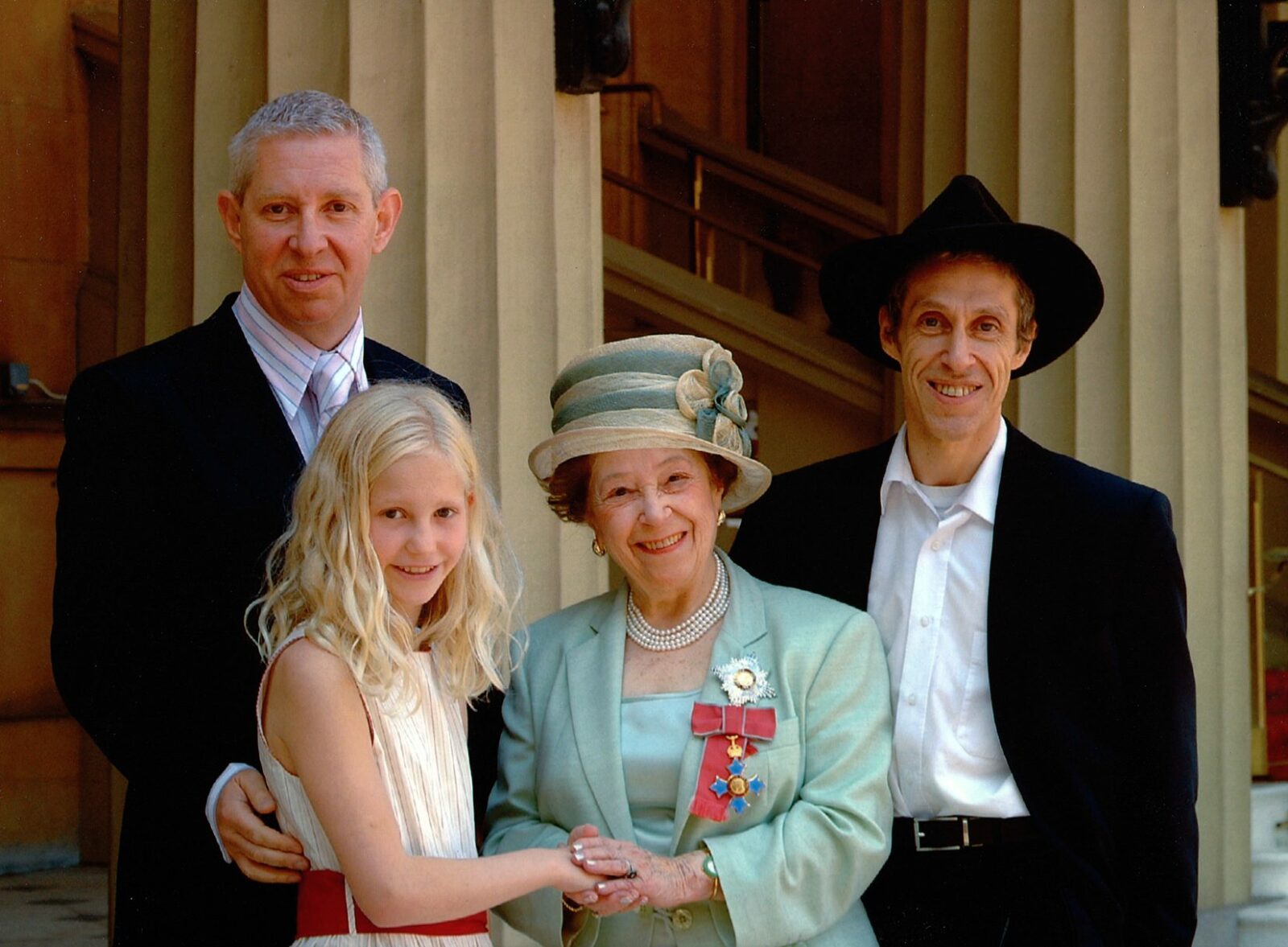
2005
Fanny is appointed Dame Commander of the Order of the British Empire (DBE).
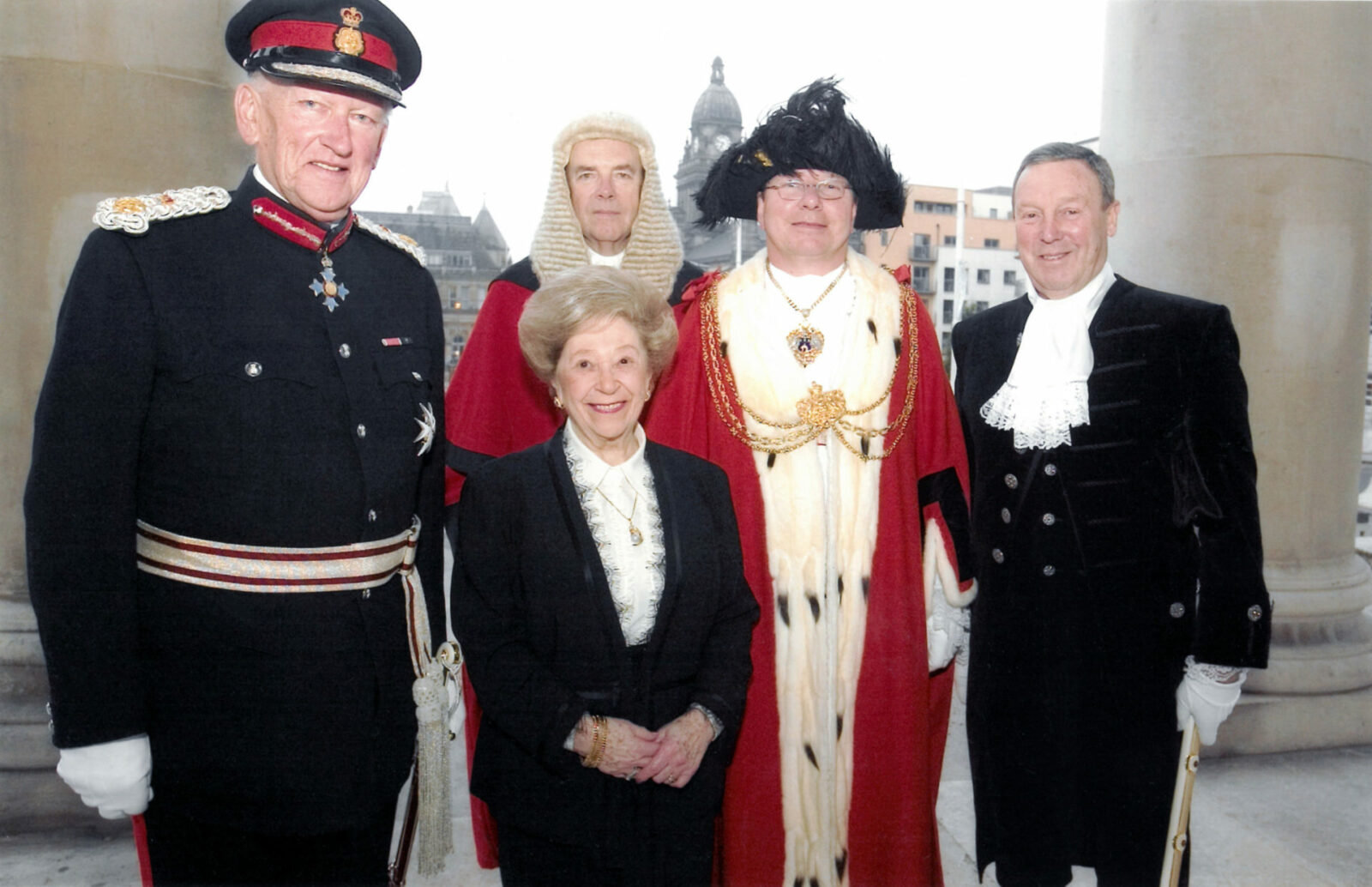
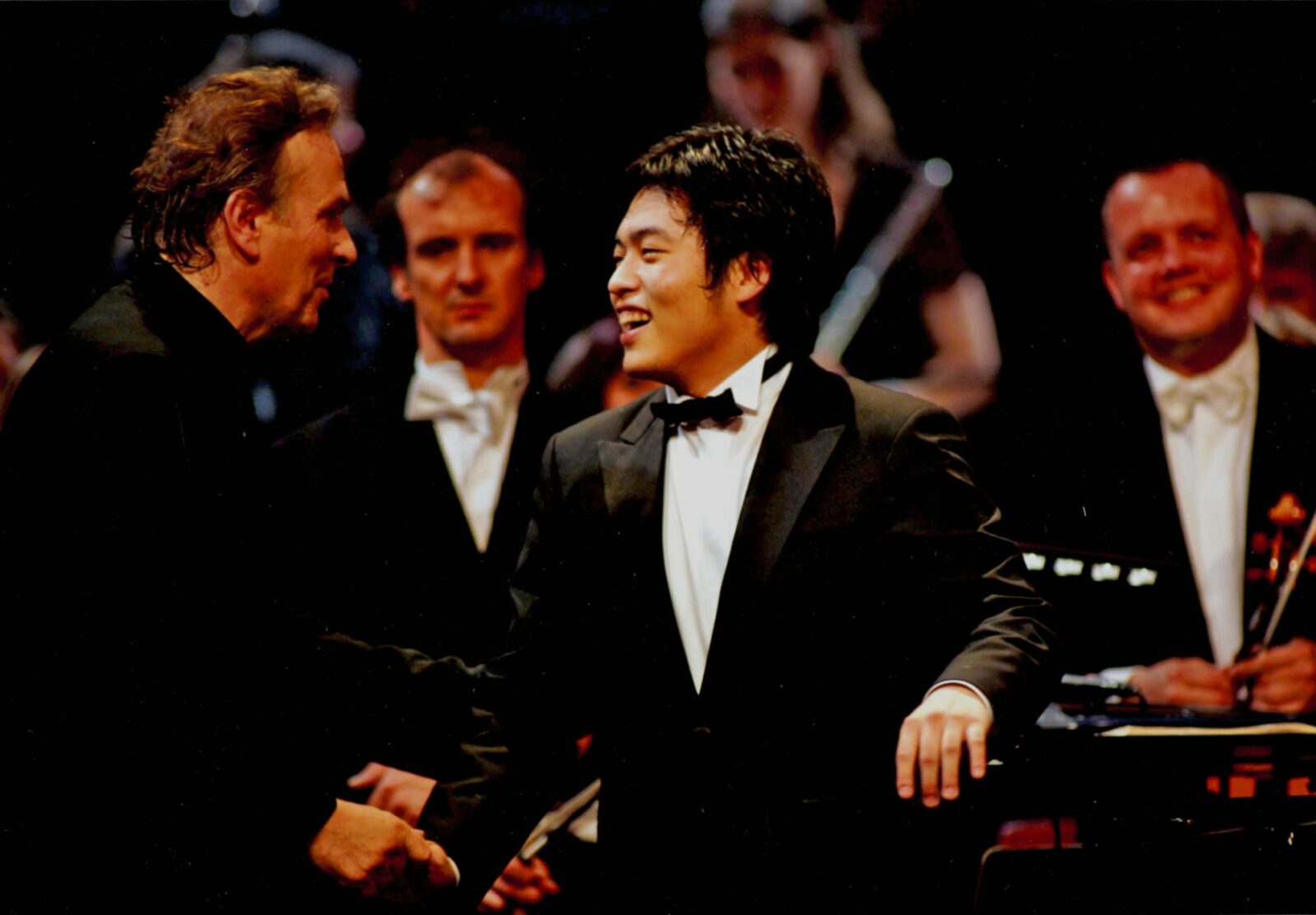
2006
Freeman of the City of Leeds.
Appointed a Freeman of the City of Leeds, the first person to receive the honour since Nelson Mandela in 2001, Dame Fanny says:
‘This is the greatest honour I have ever received and being a proud native of Leeds makes it all the more special. I am grateful for all the help I have received from family, friends and the city, past and present, with the pianoforte competition.’
South Korean Sunwook Kim wins first prize. At 18, he is the youngest winner of the competition since Michael Roll.
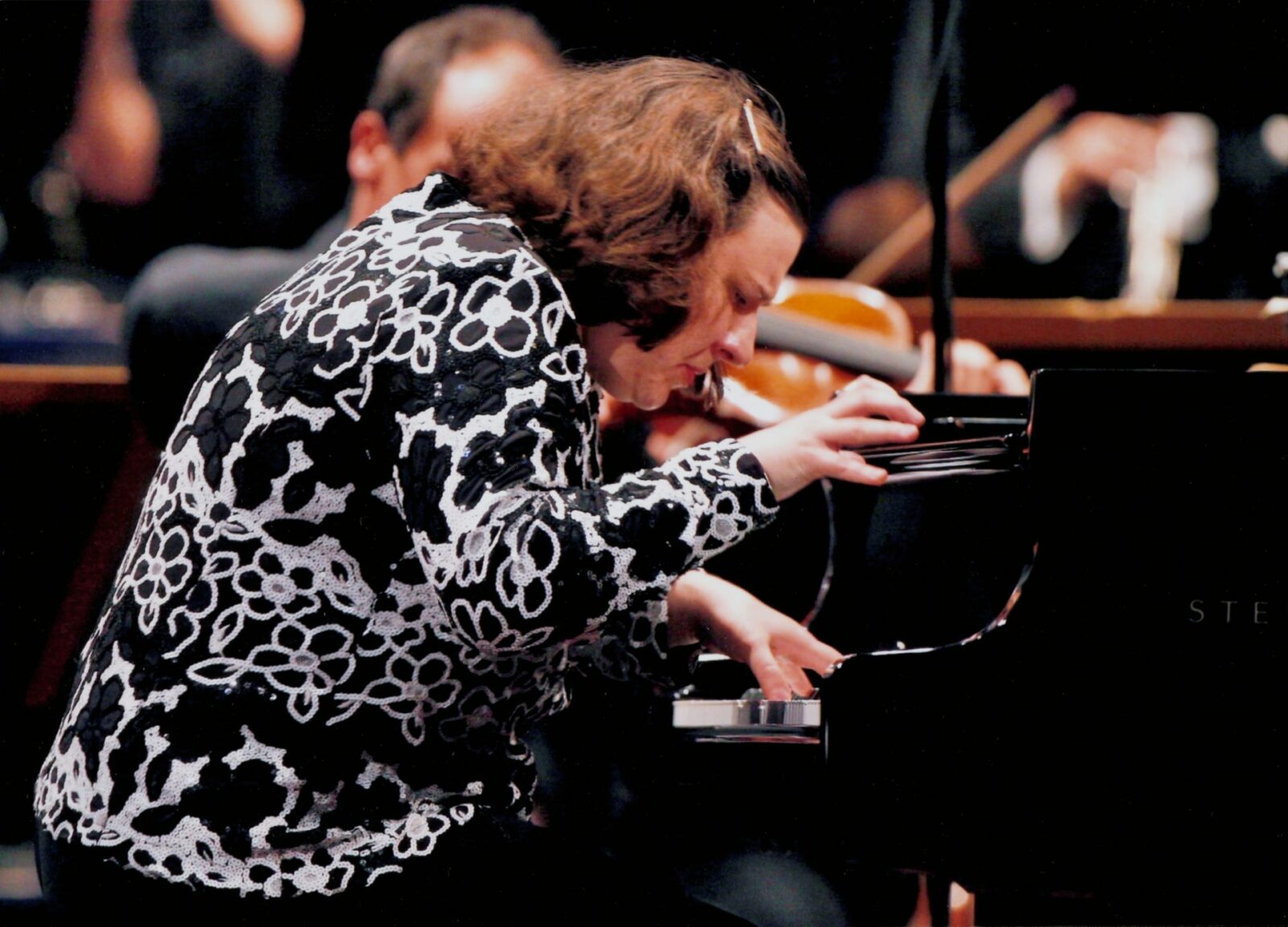
2009
Sofya Gulyak is the first woman to win the Competition with her performance at the finals of Brahms’s Piano Concerto No.1.
2010
On Desert Island Discs Dame Fanny chooses keyboard works by Bach, Mozart, Beethoven, Brahms, Schumann, Schubert, Mendelssohn and Britten. Her favourite disc is Radu Lupu playing Beethoven’s Piano Concerto No.3. Her luxury is a grand piano and a piano stool.
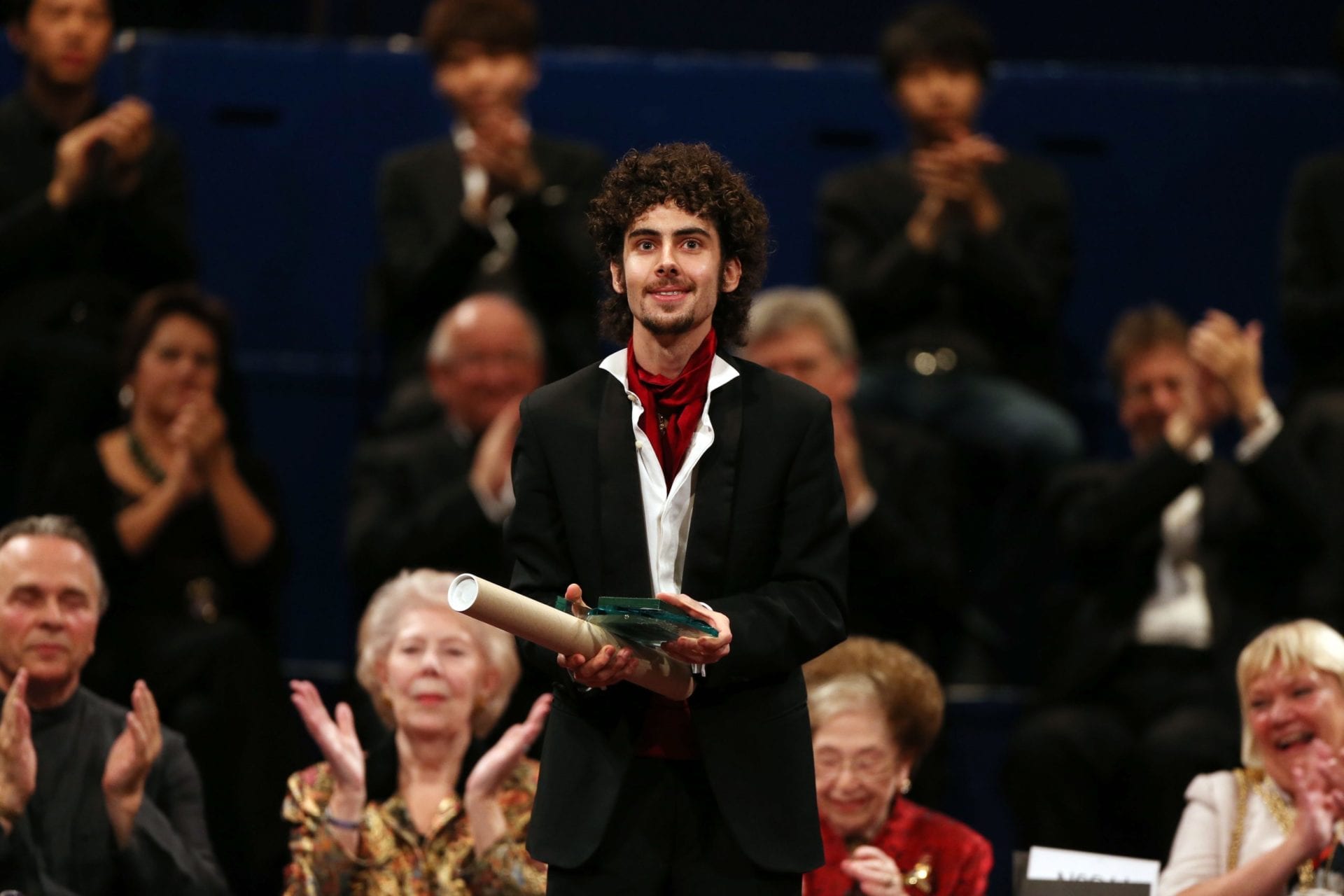
2012
Italian Federico Colli wins with Beethoven’s ‘Emperor’ Concerto No.5. US pianist Andrew Tyson wins the new Terence Judd-Hallé Orchestra Prize, awarded by the orchestra and conductor, Sir Mark Elder. Lang Lang becomes Global Ambassador.

2015
Awarded Life President and Founder Director Emeritus.
Dame Fanny retires as Chairman and Artistic Director of The Leeds and is awarded the title Life President and Founder Director Emeritus.
‘I feel ready now to hand over the reins in the hope that the competition will continue to thrive and grow, offering a platform of opportunities for young pianists, music lovers and audiences long into the future.’
Anna Tsybuleva wins first prize, the second woman to do so in the competition’s 52-year history.
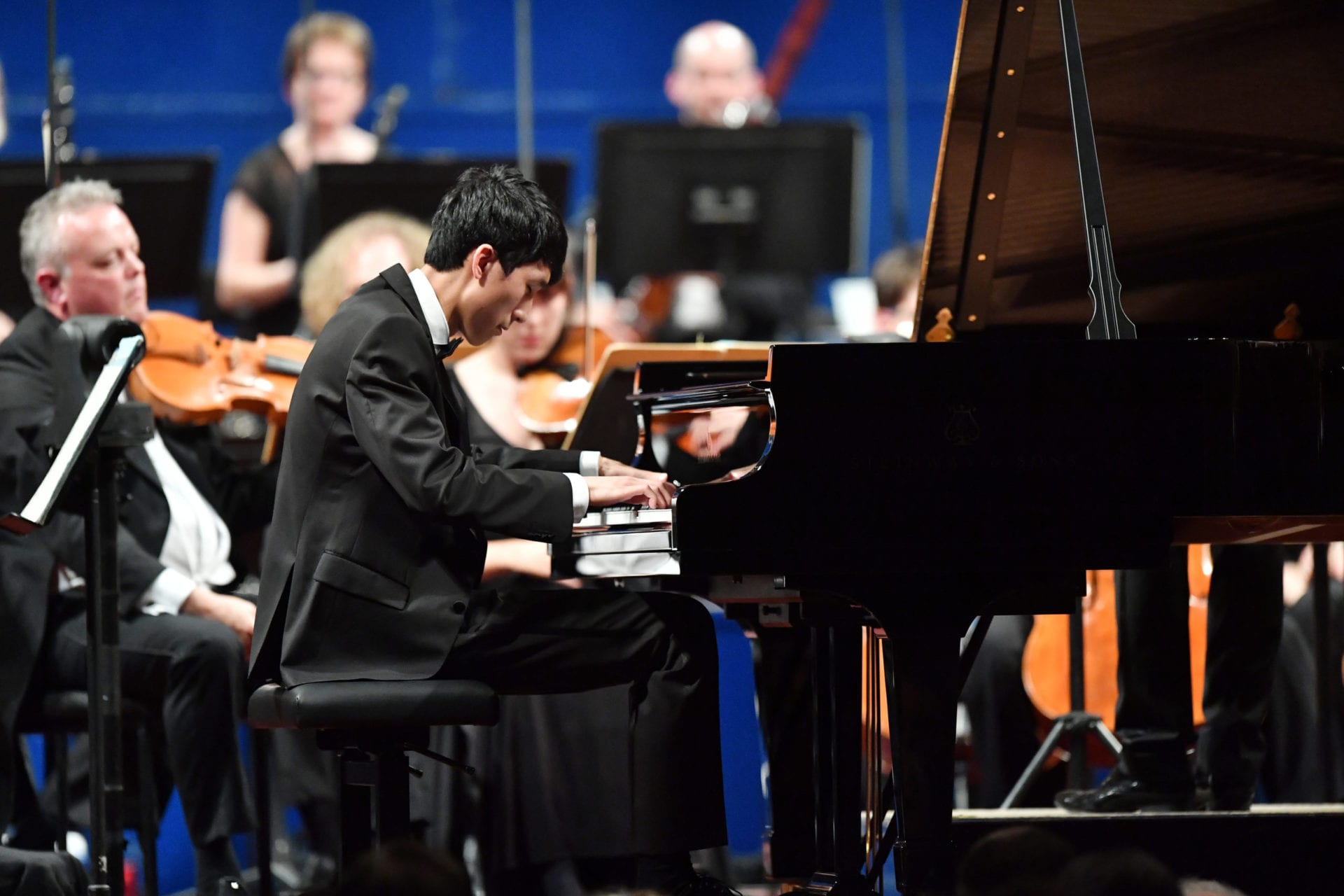
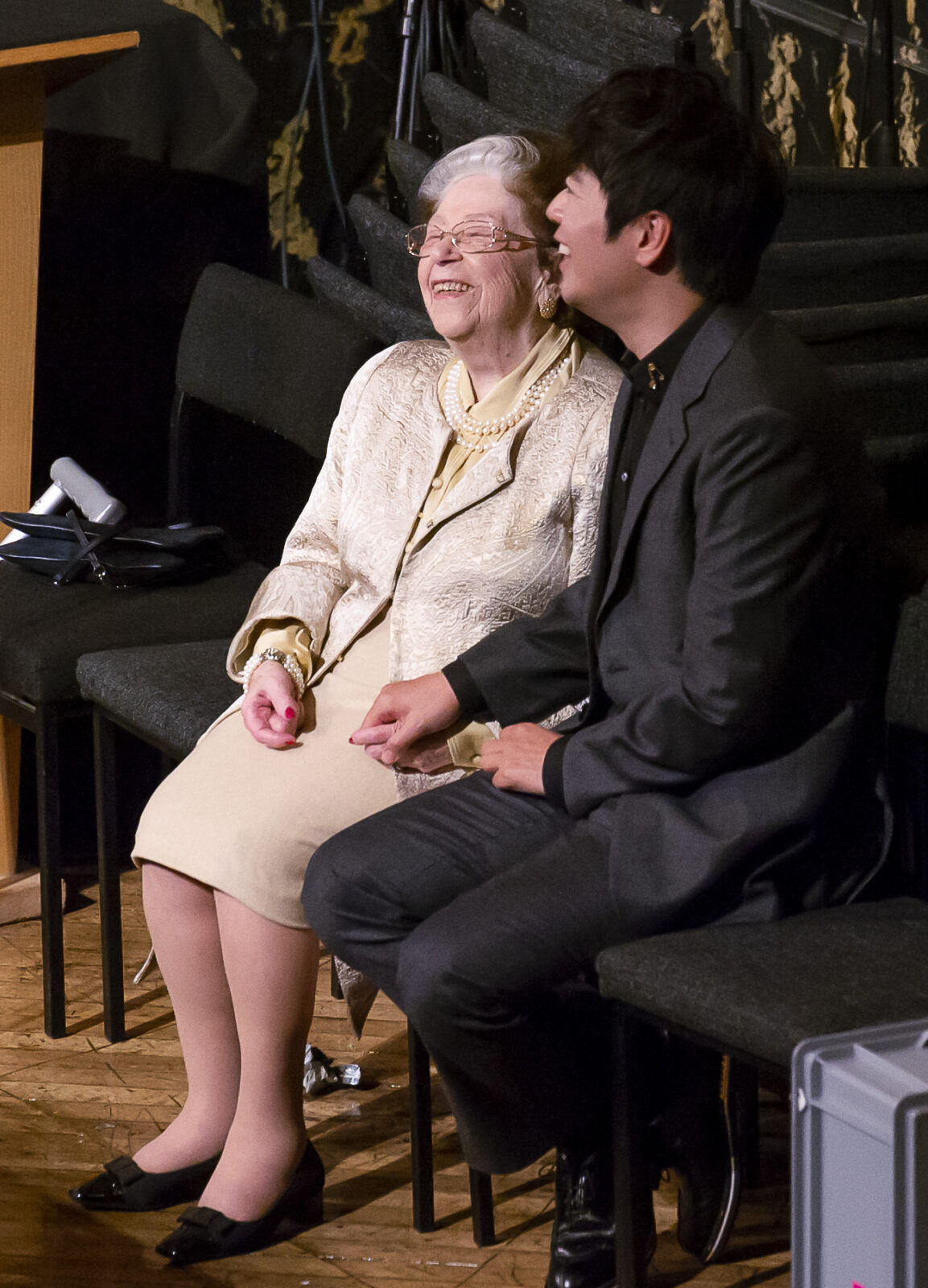
2018
Murray Perahia becomes Patron of the competition. A vast archive of material relating to the competition and her musical life in general is presented by Dame Fanny to the University of Leeds including judging notes and correspondence with musicians, including Benjamin Britten. Fanny attends all the performance of every contestant at The Leeds 2018 Competition from the Second Round through to the final where she receives a standing ovation. Eric Lu wins first prize with Beethoven’s 4th Piano Concerto and receives the Dame Fanny Waterman Gold Medal, awarded by Lang Lang.
With grateful thanks to the staff at the Special Collection archives at the University of Leeds and to Faber Music.